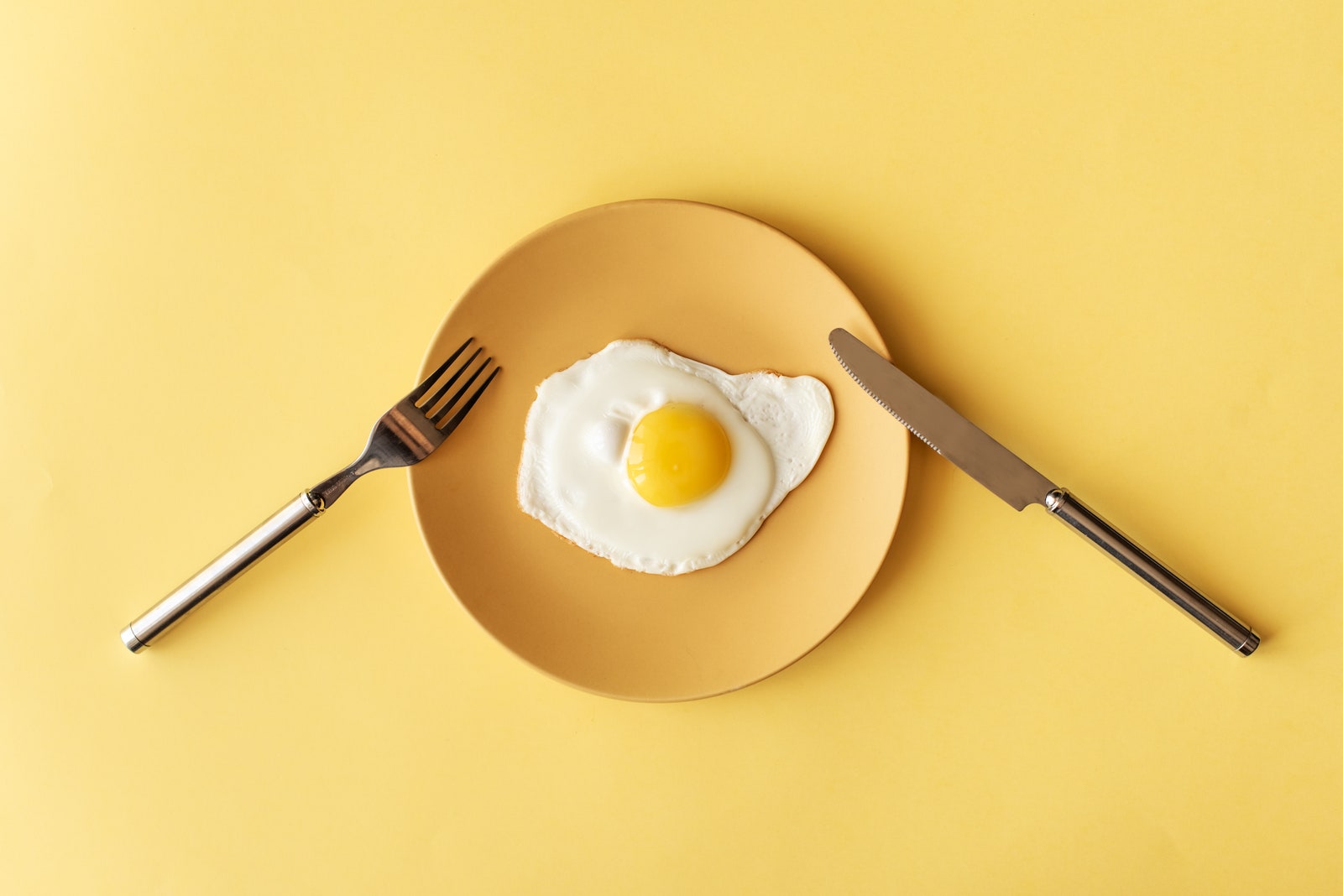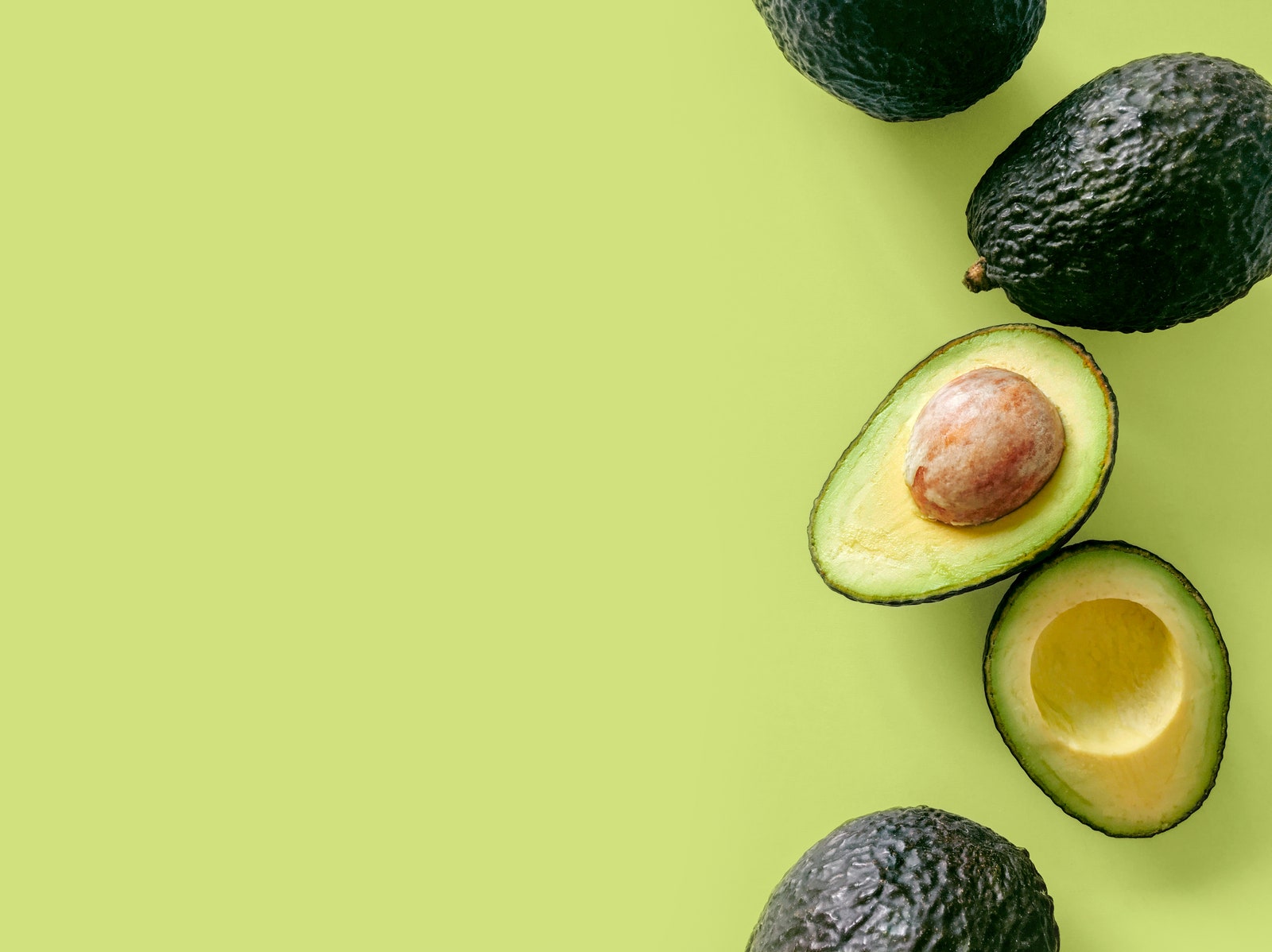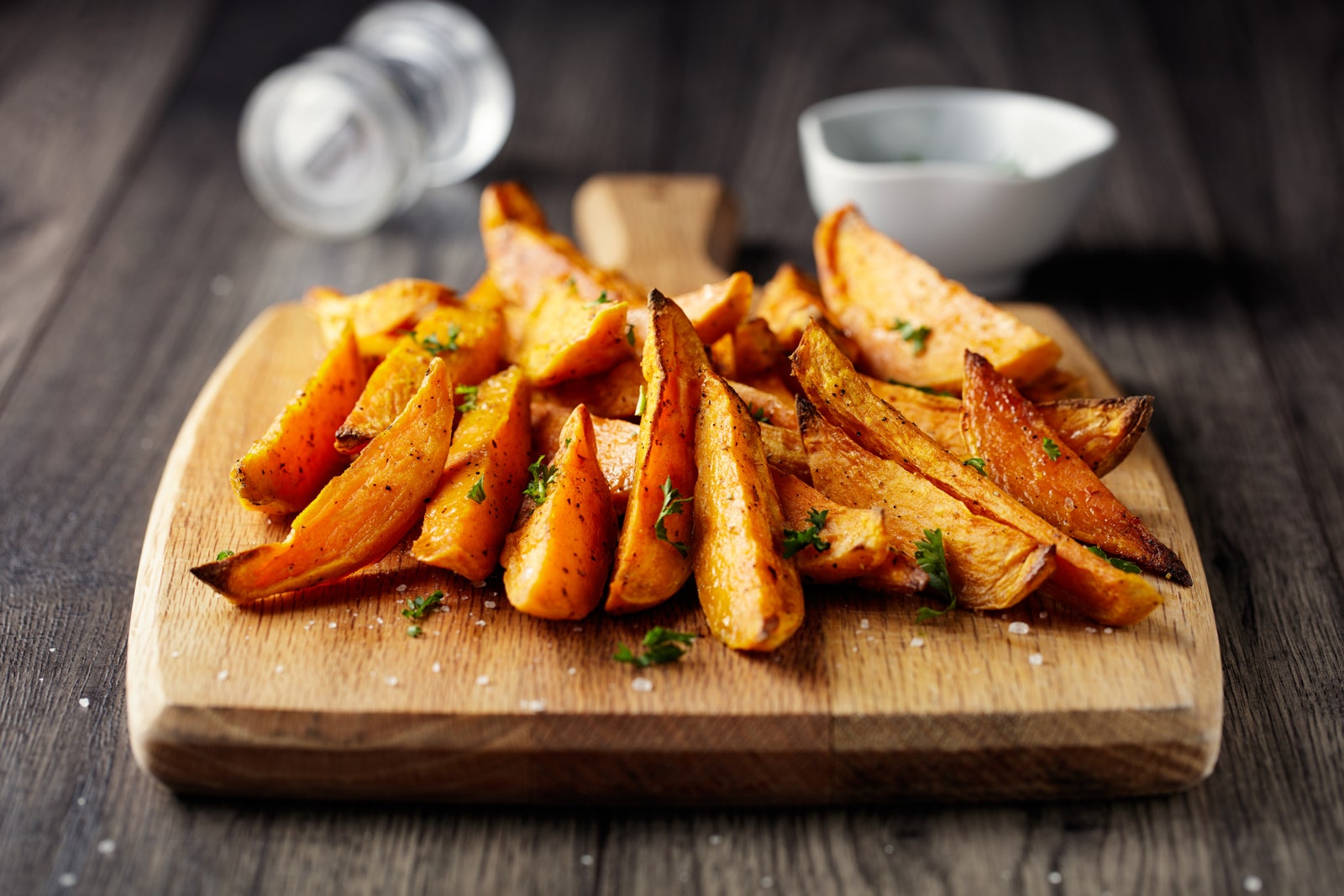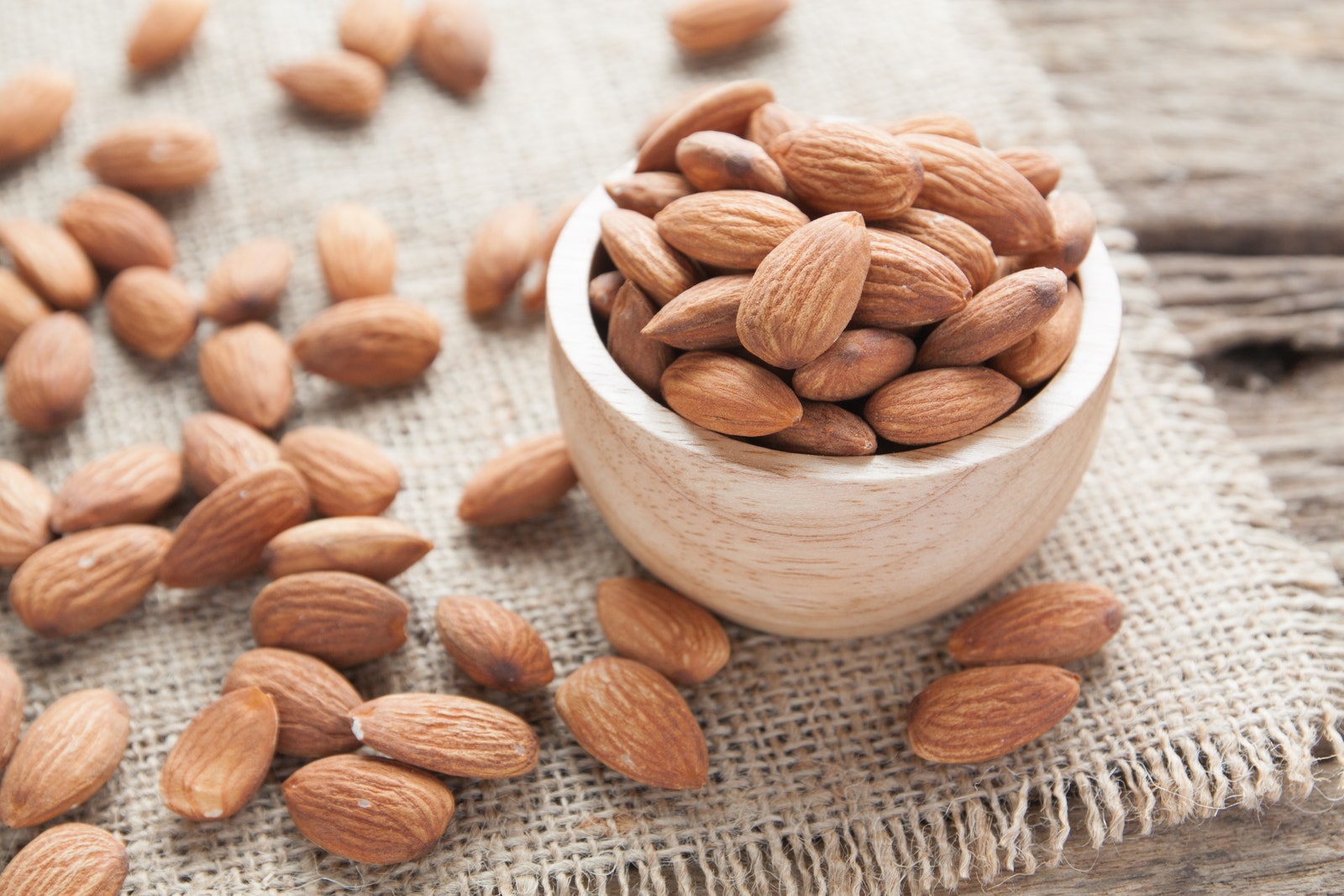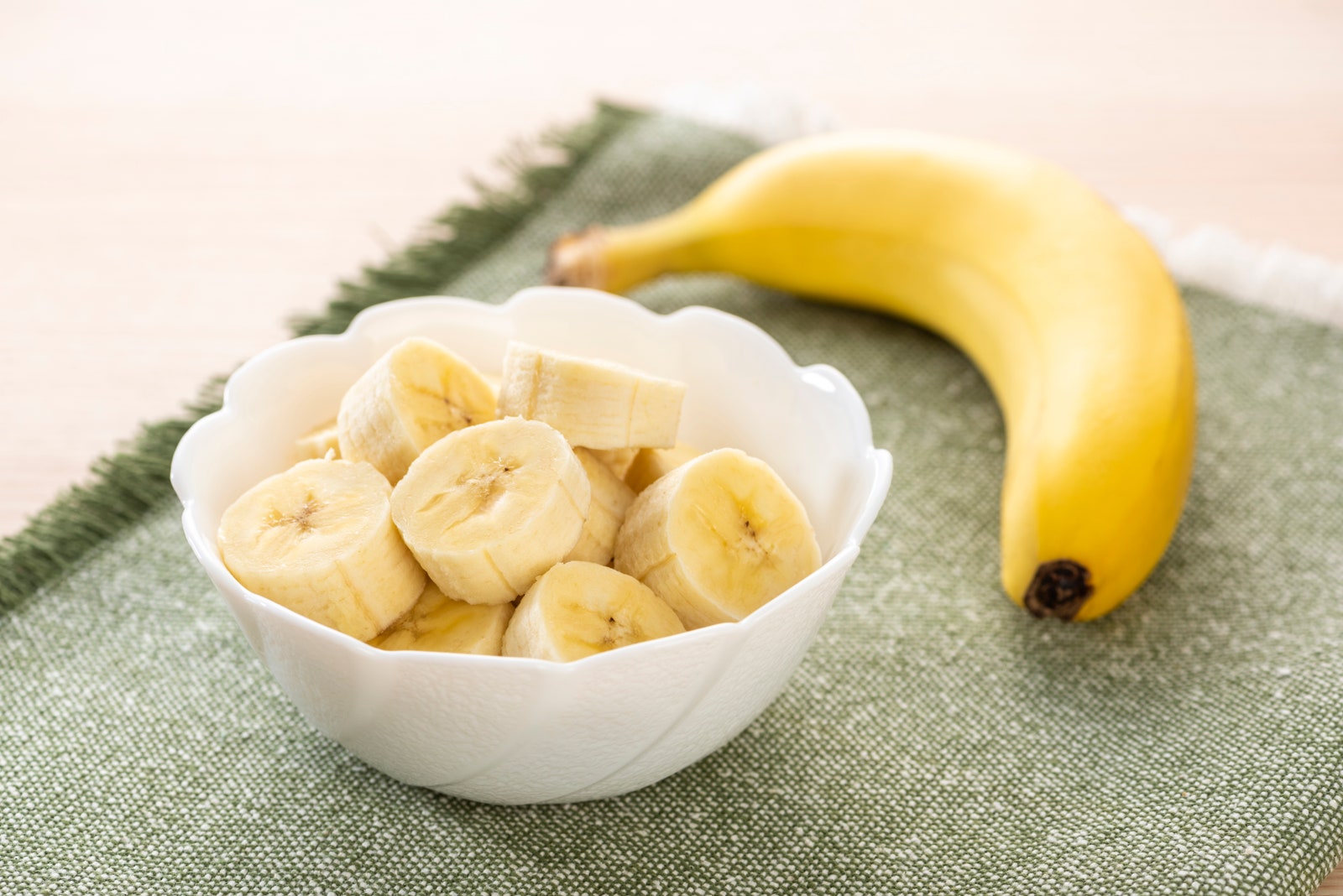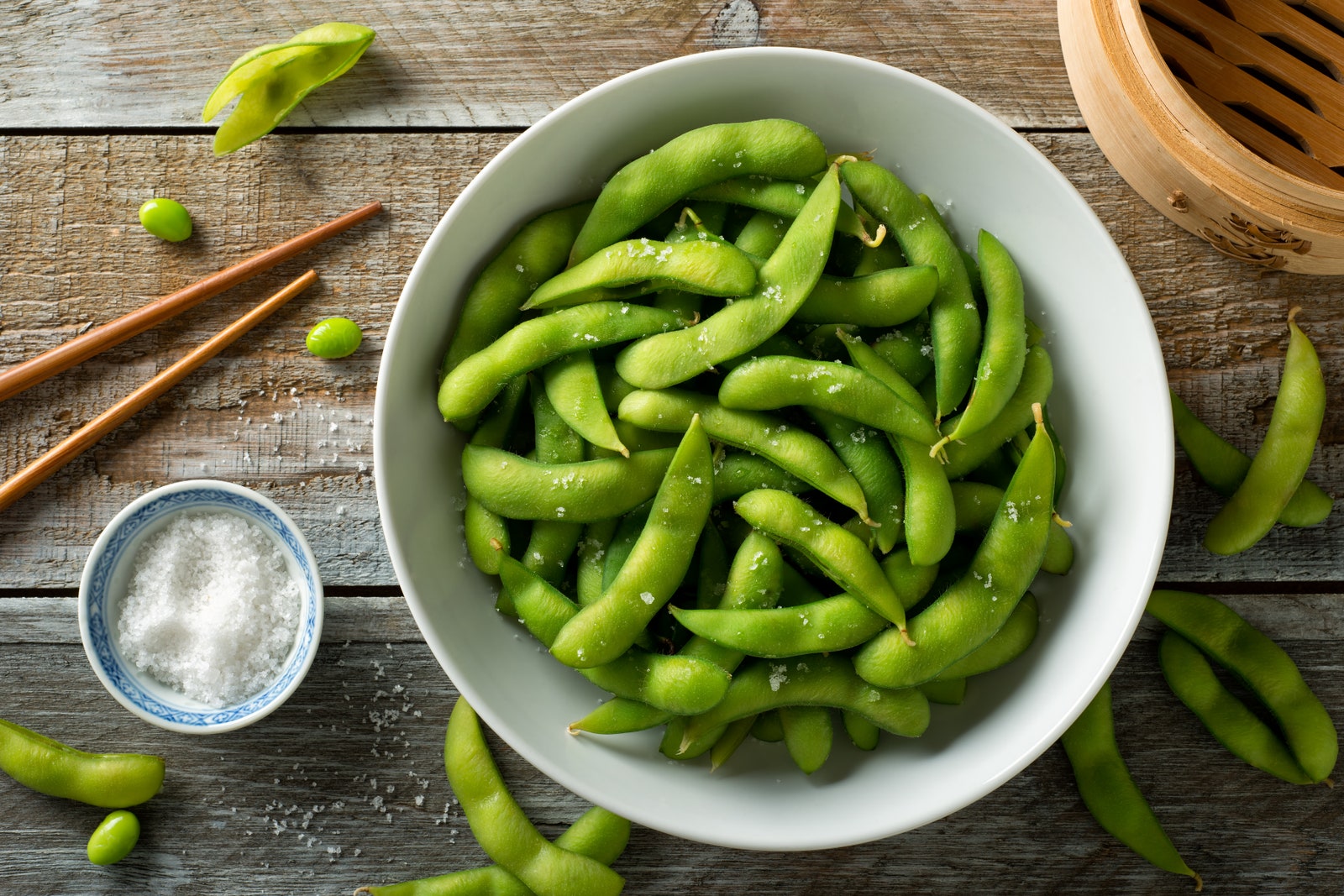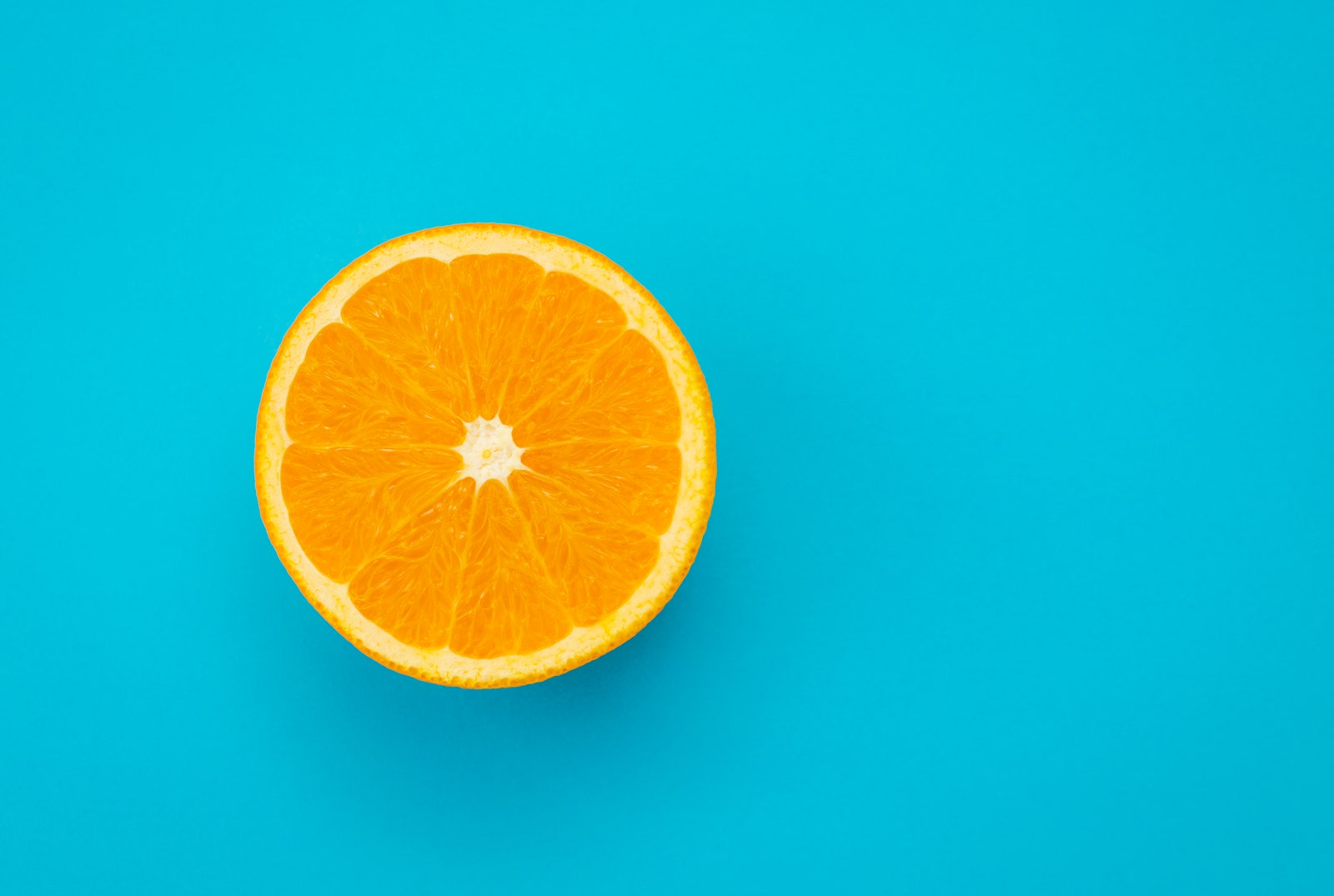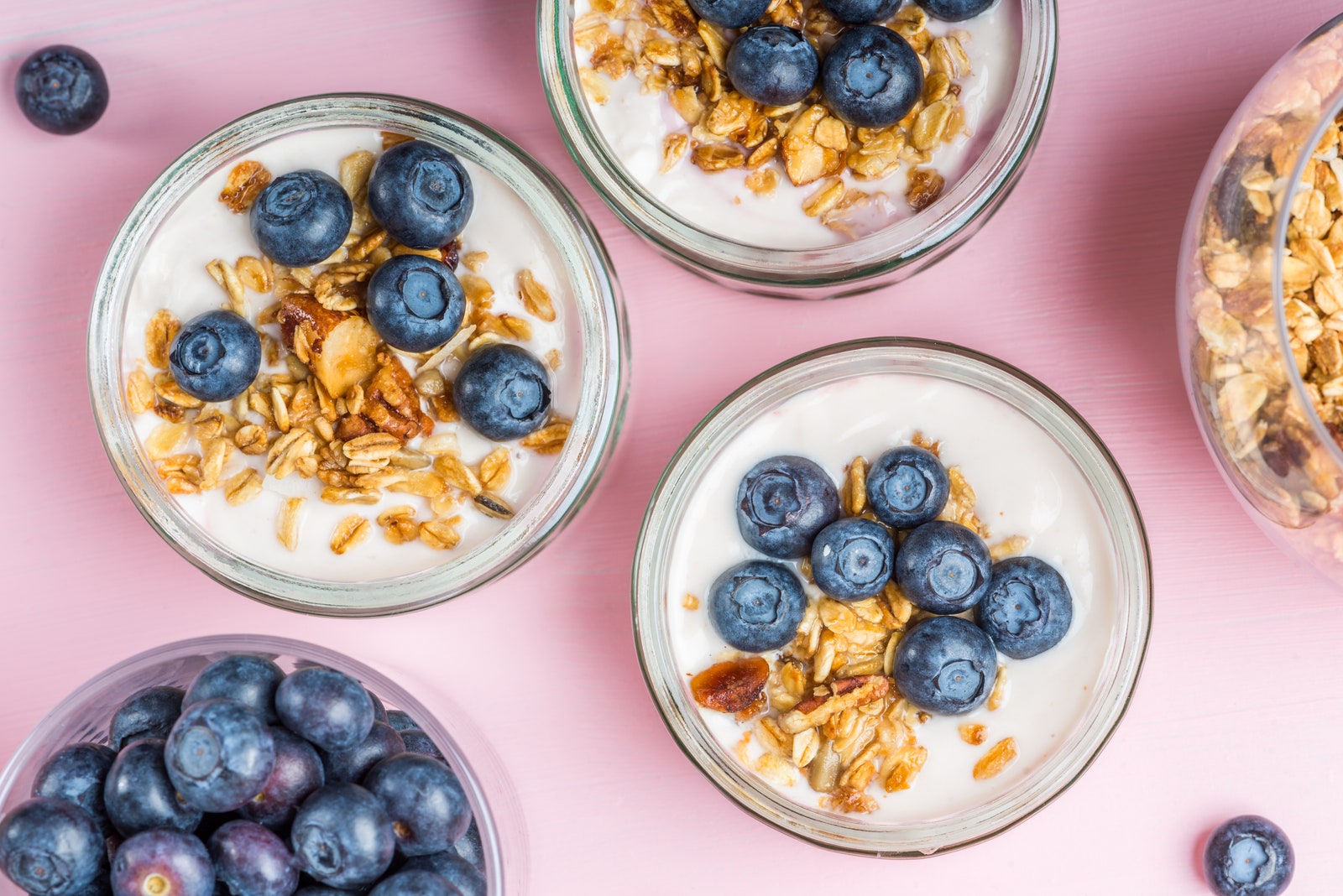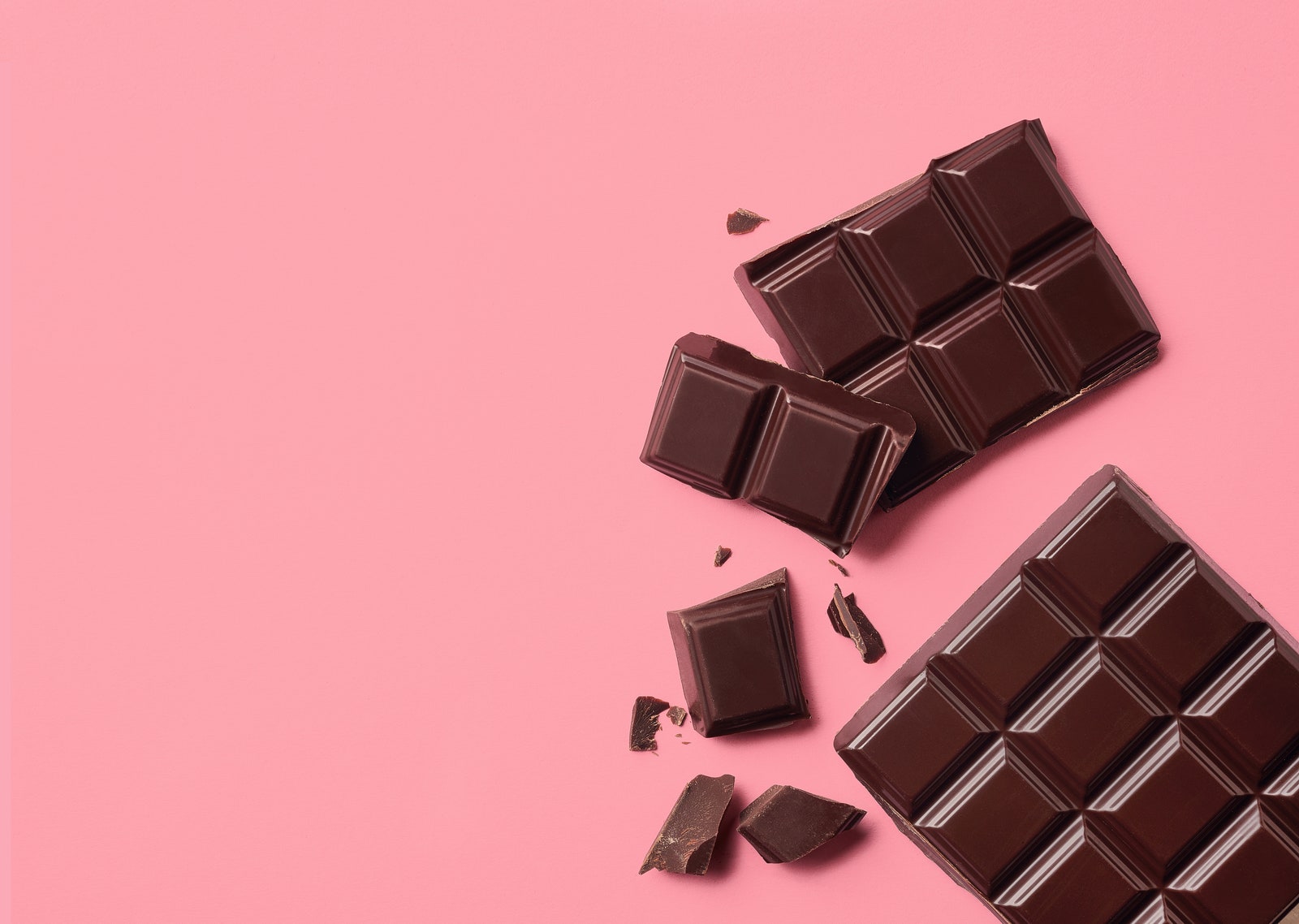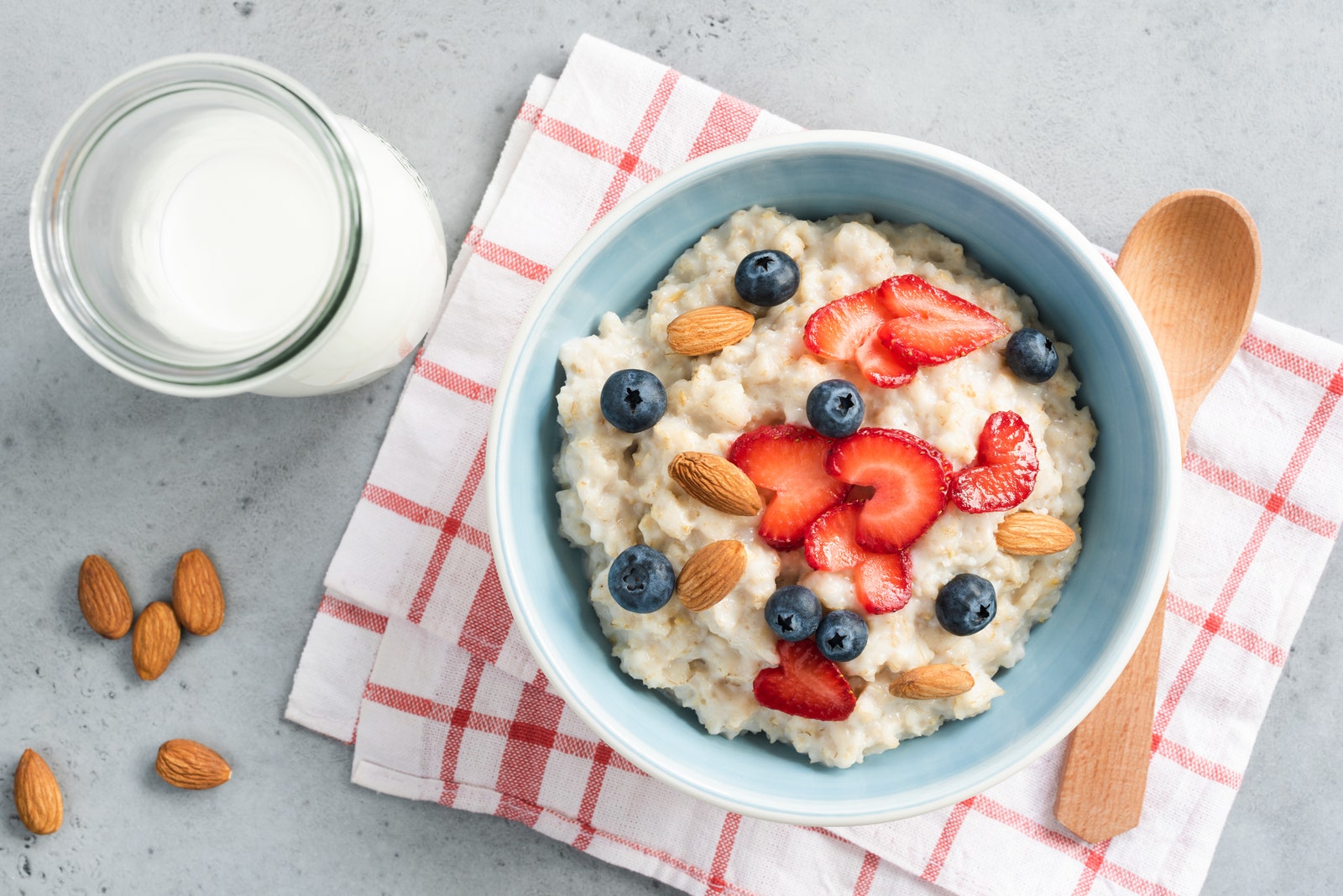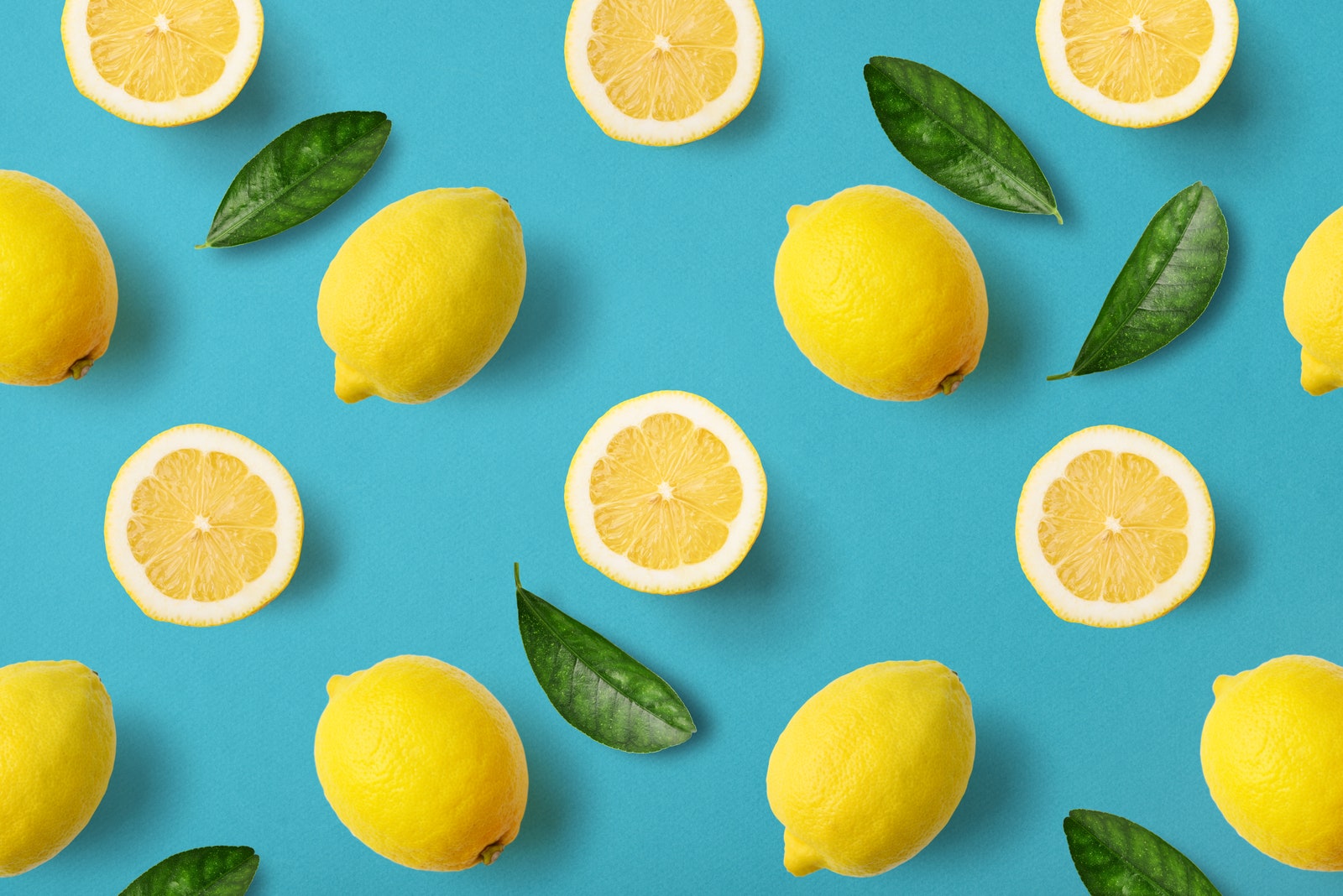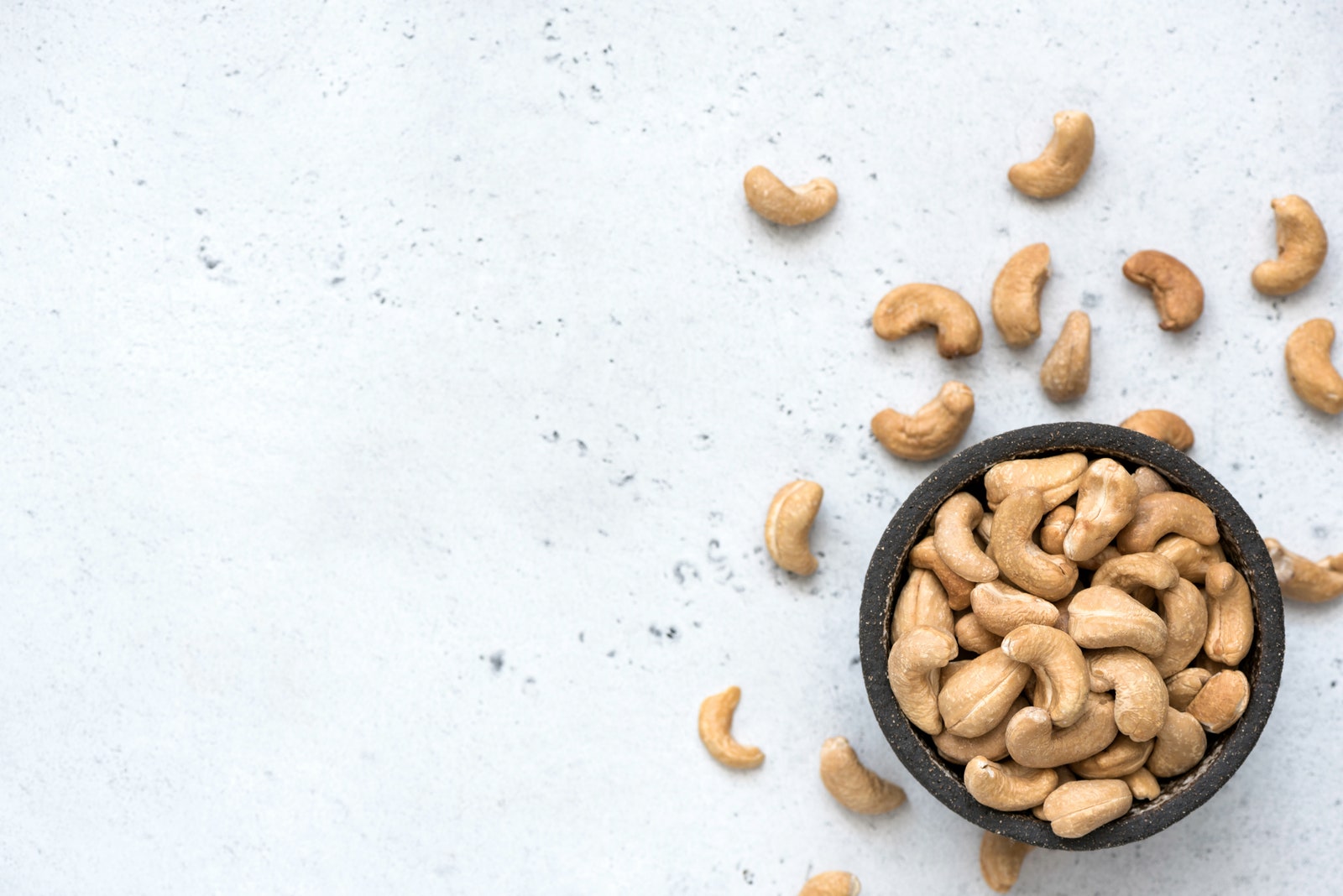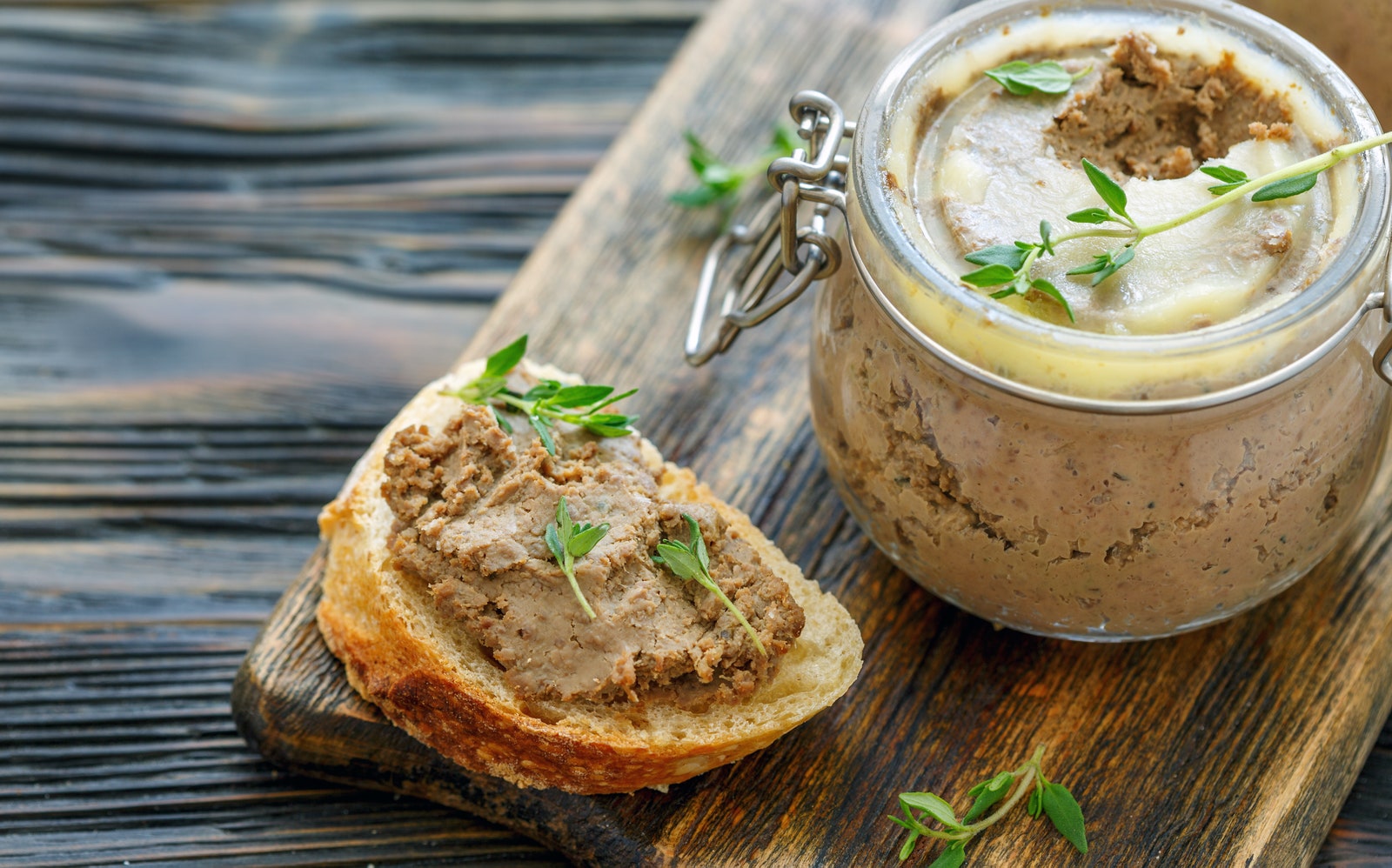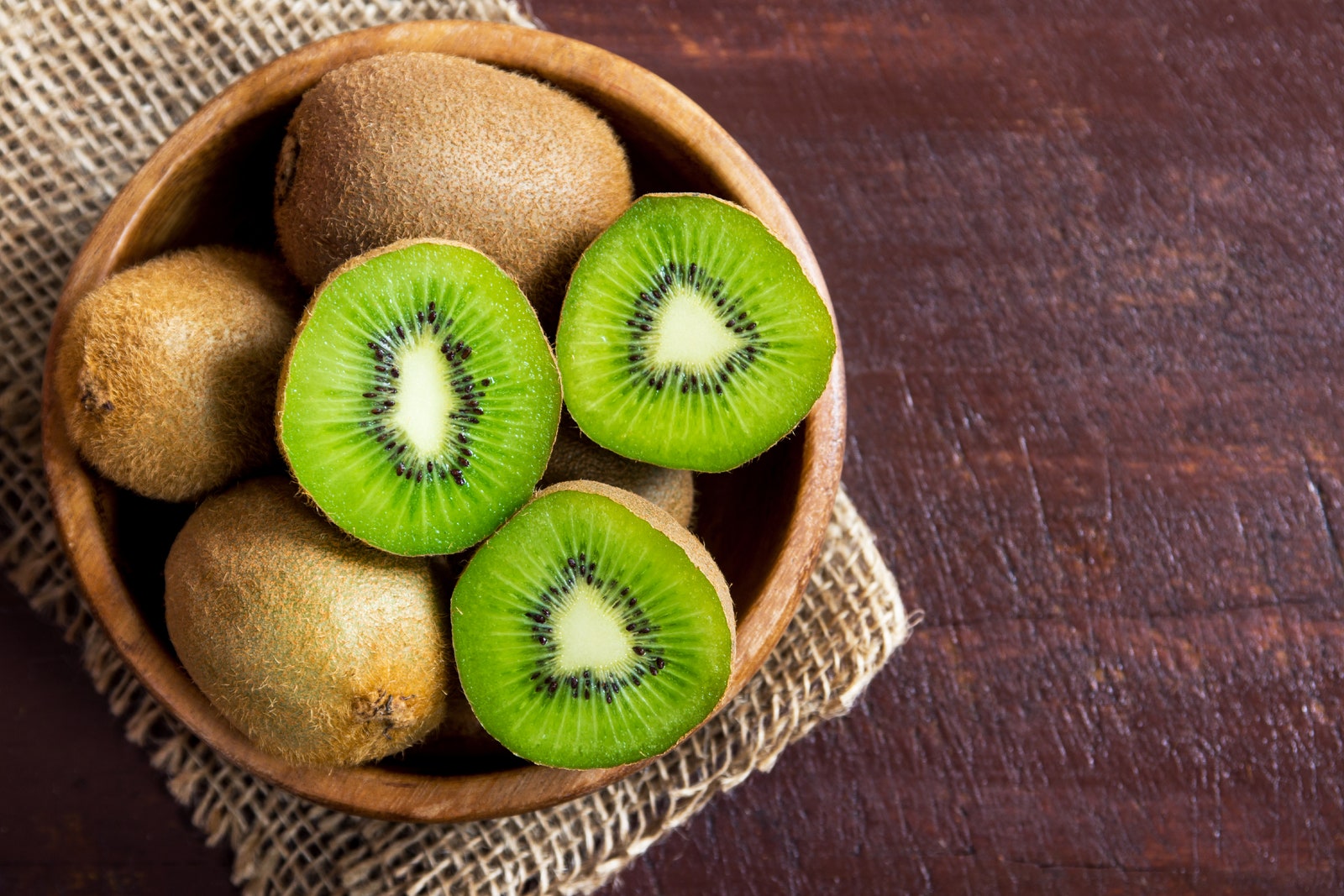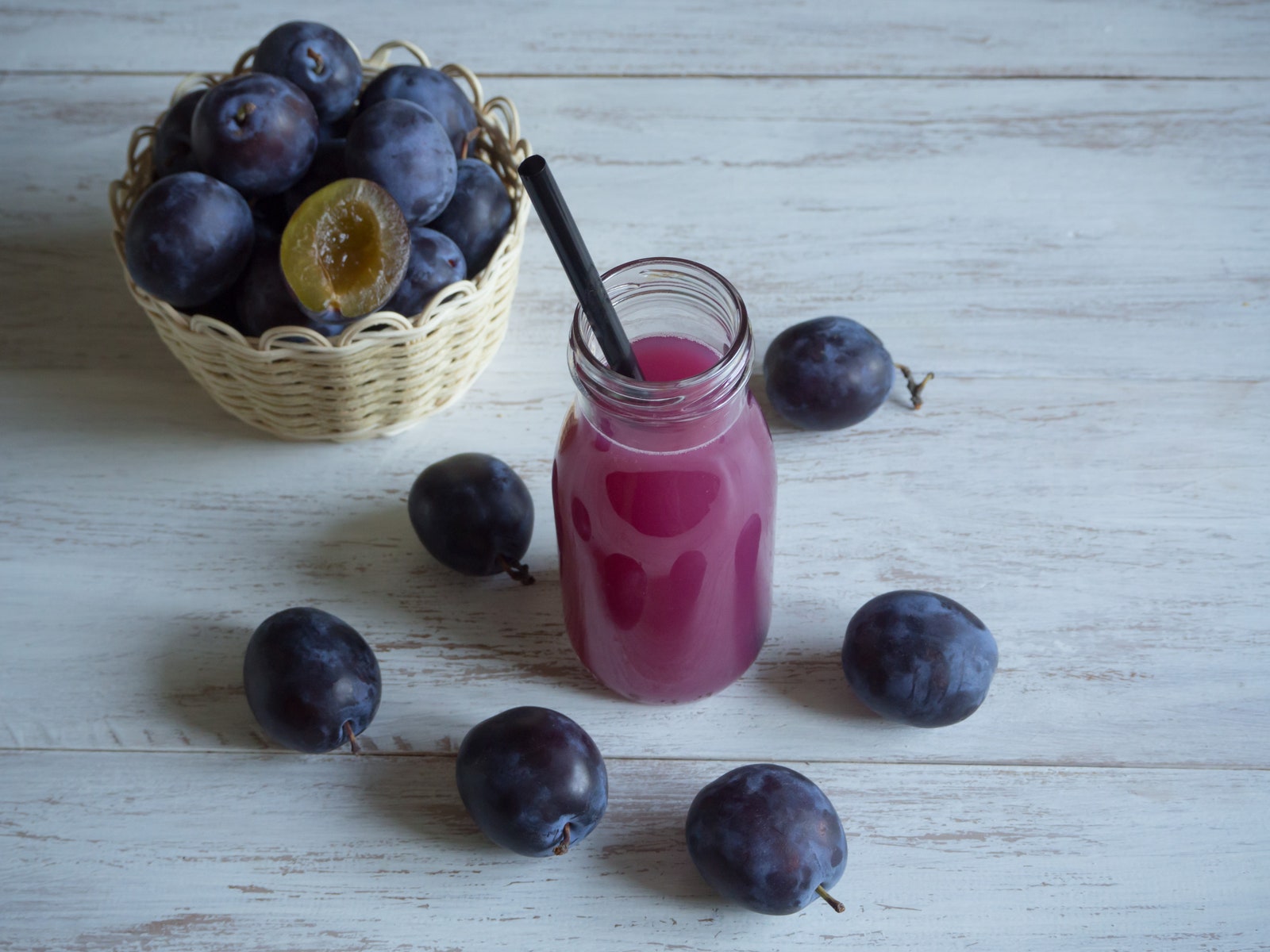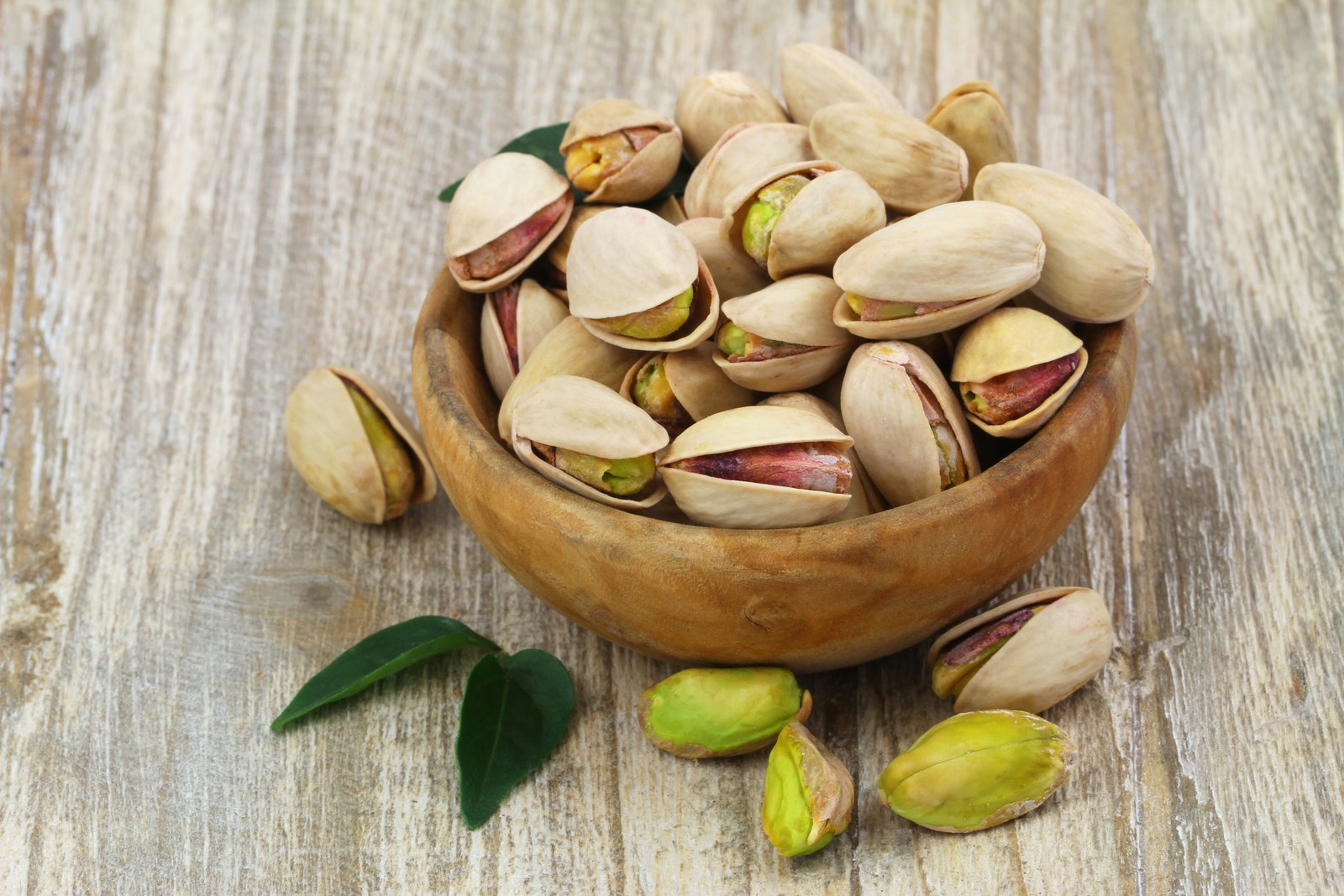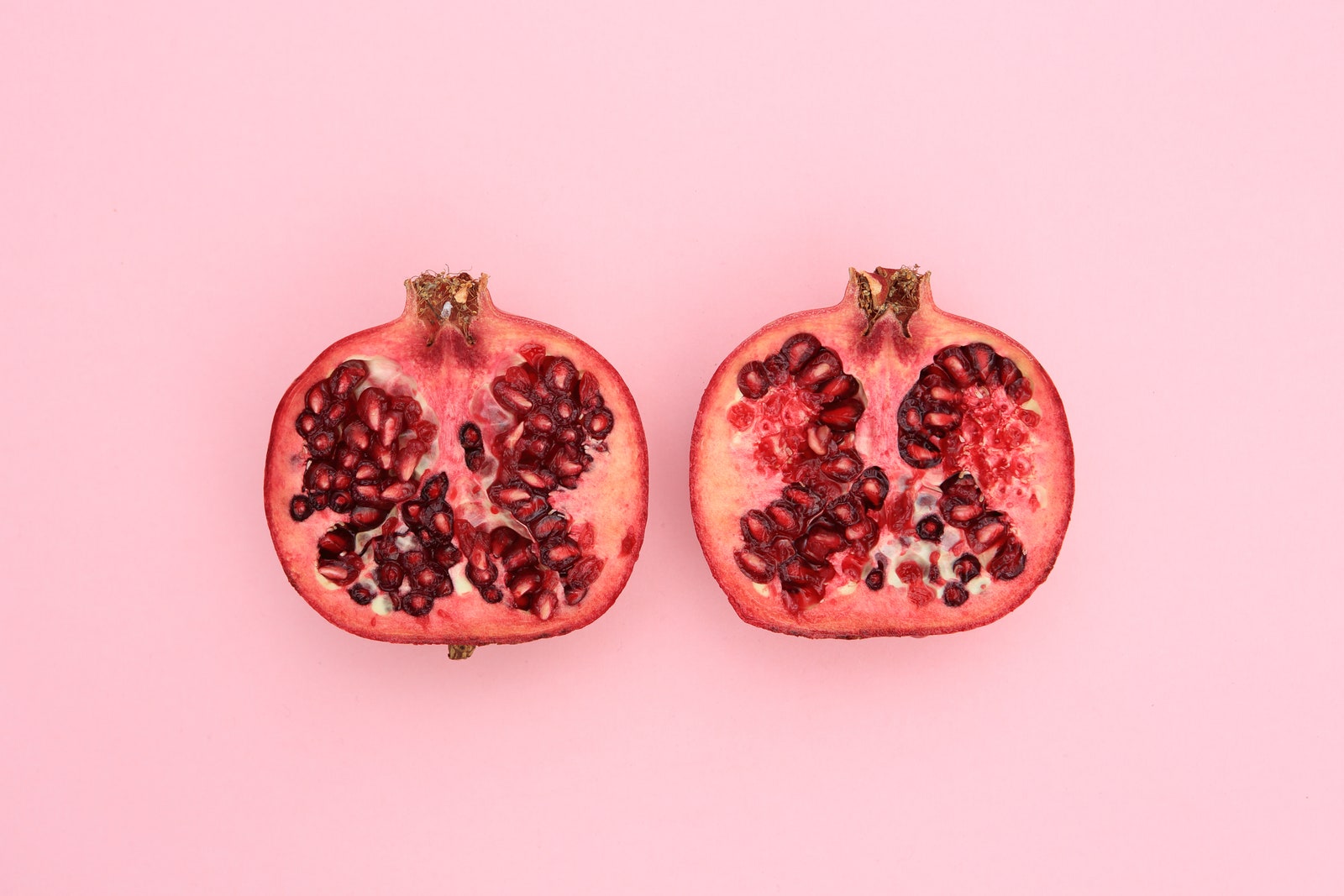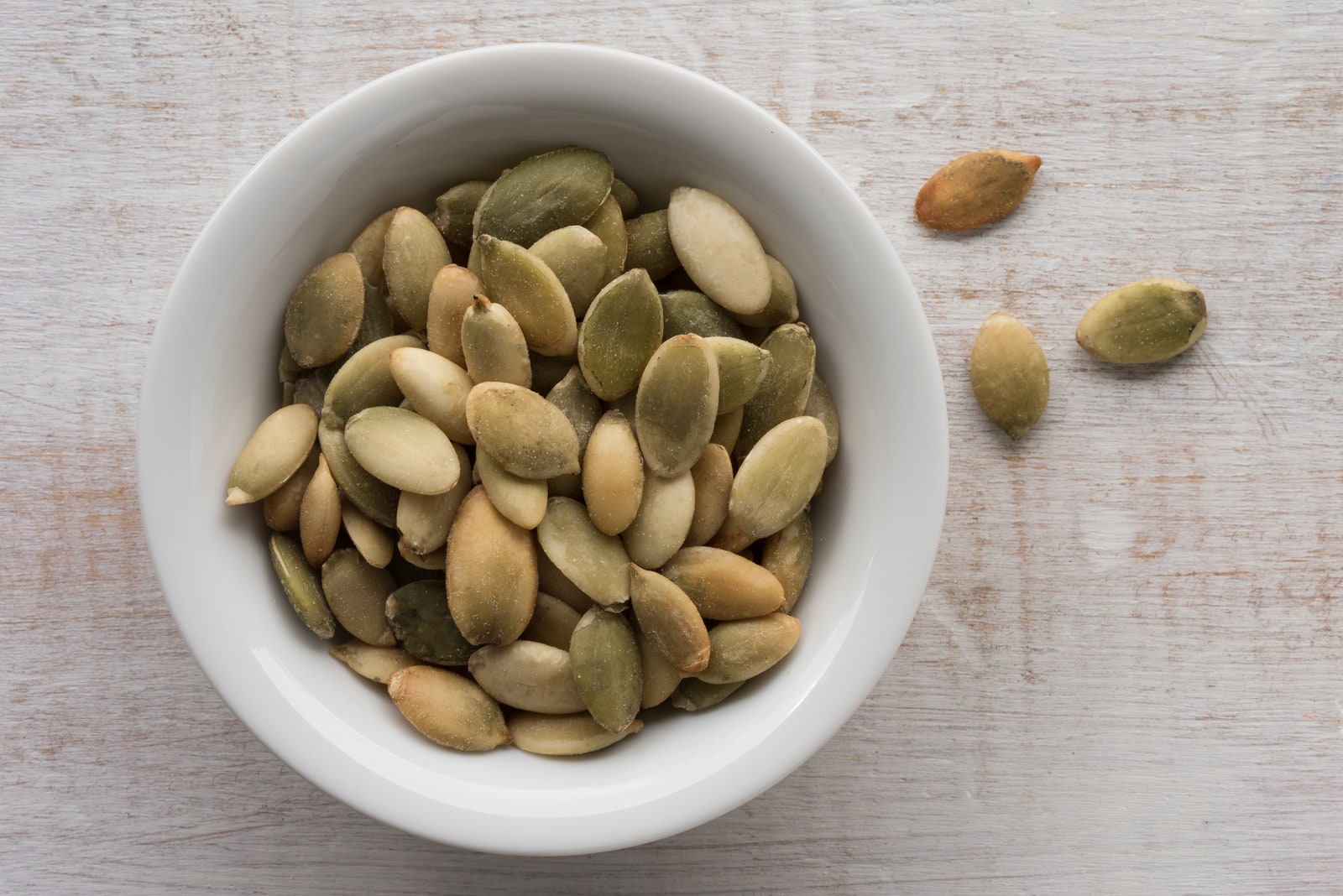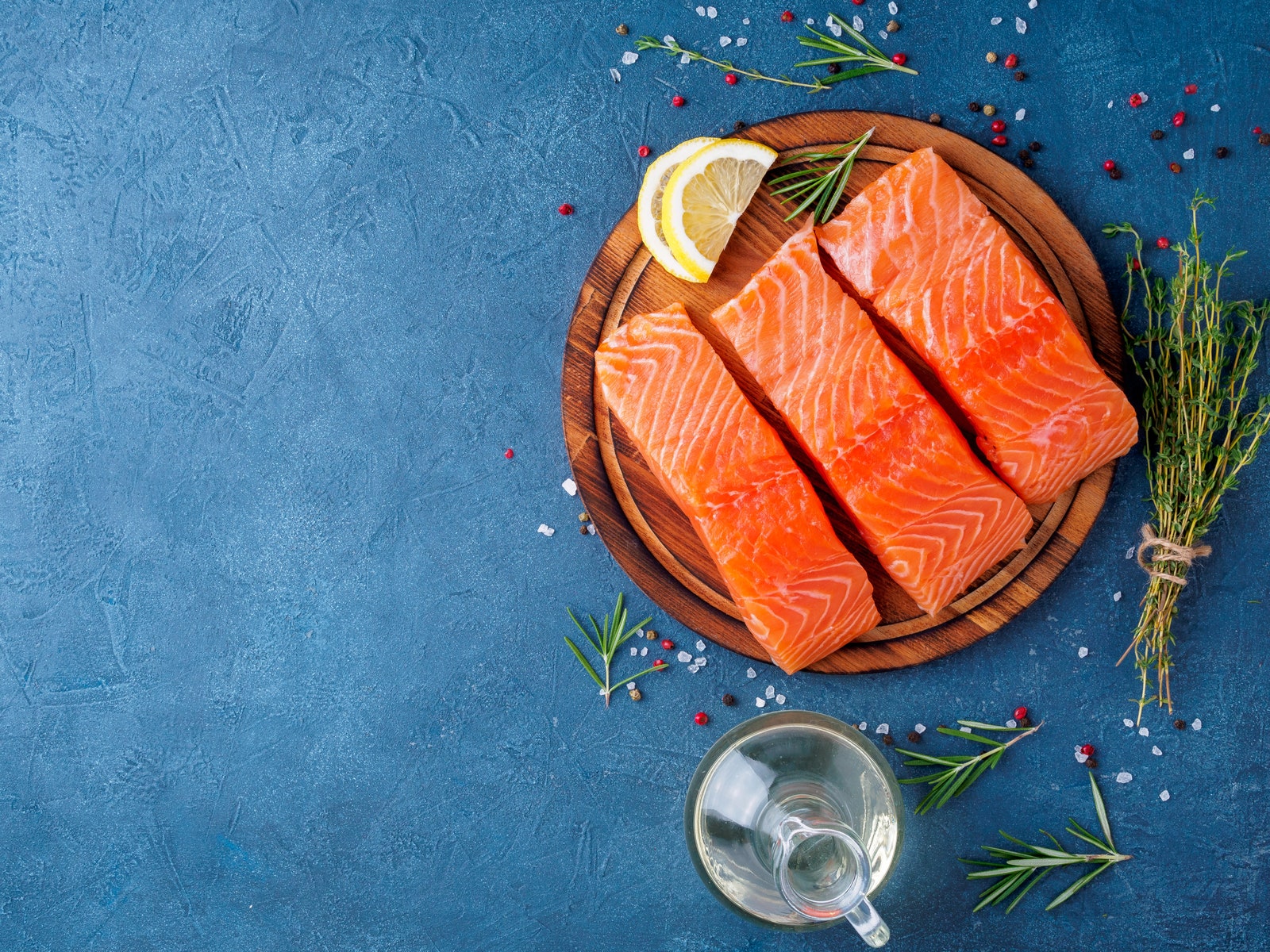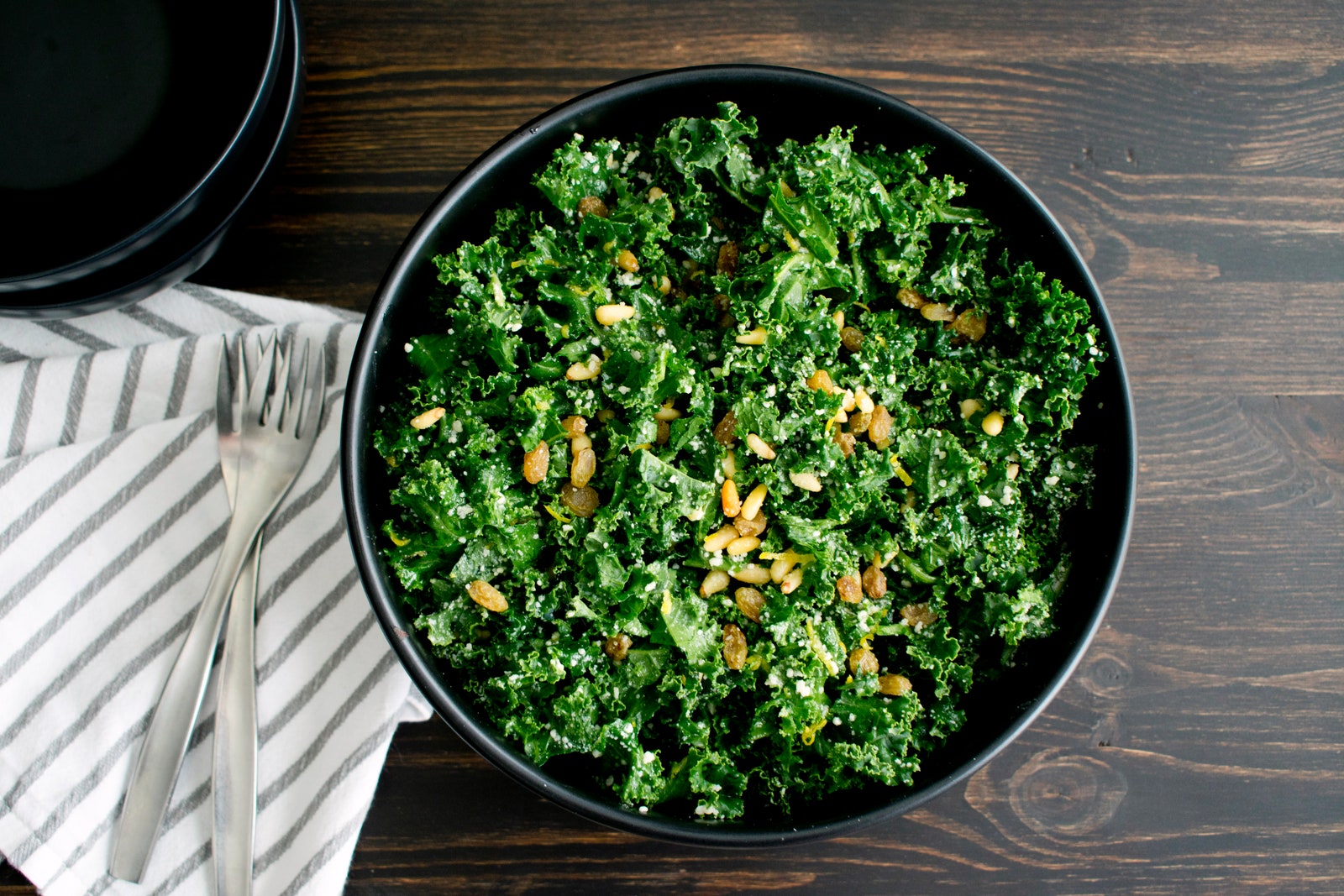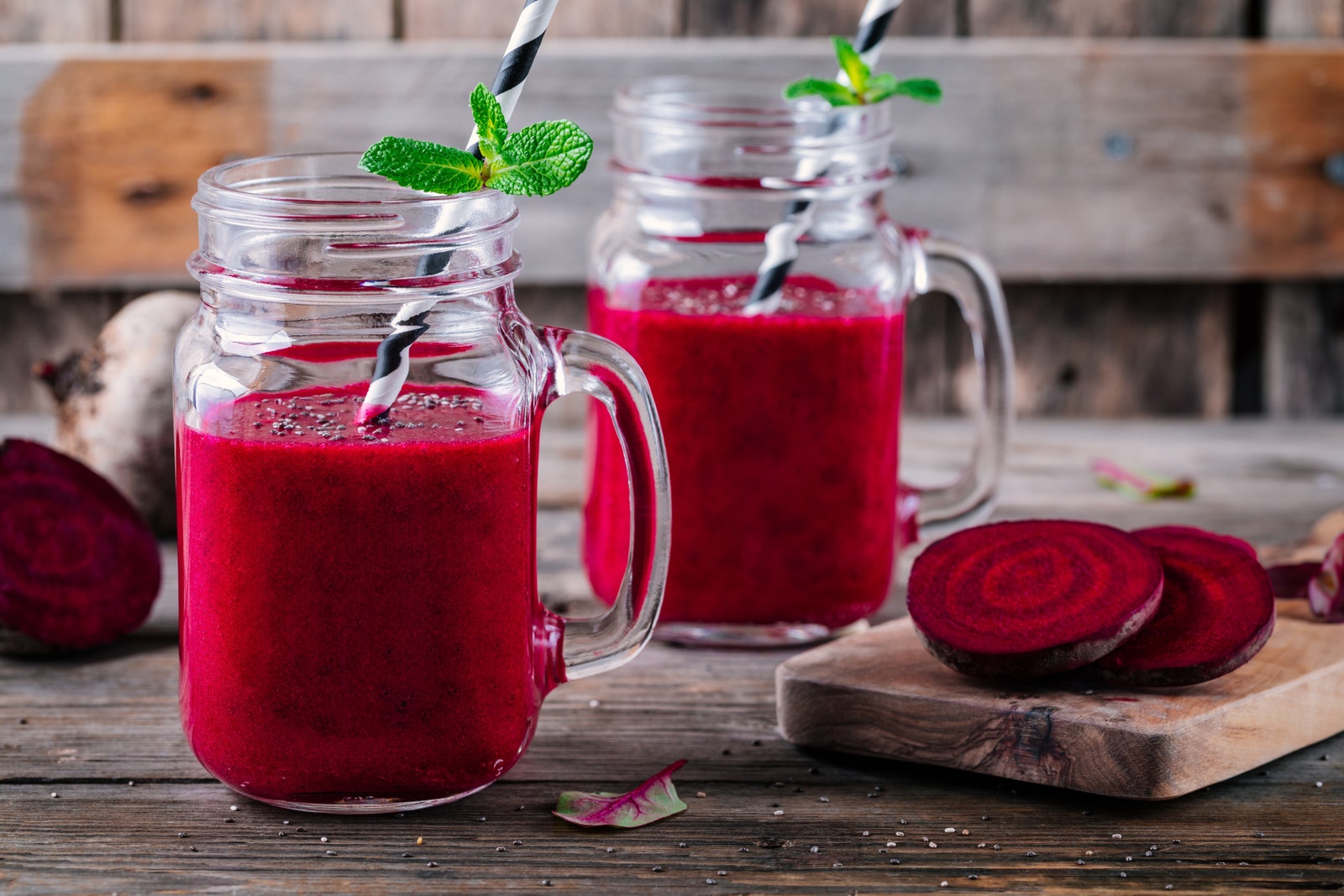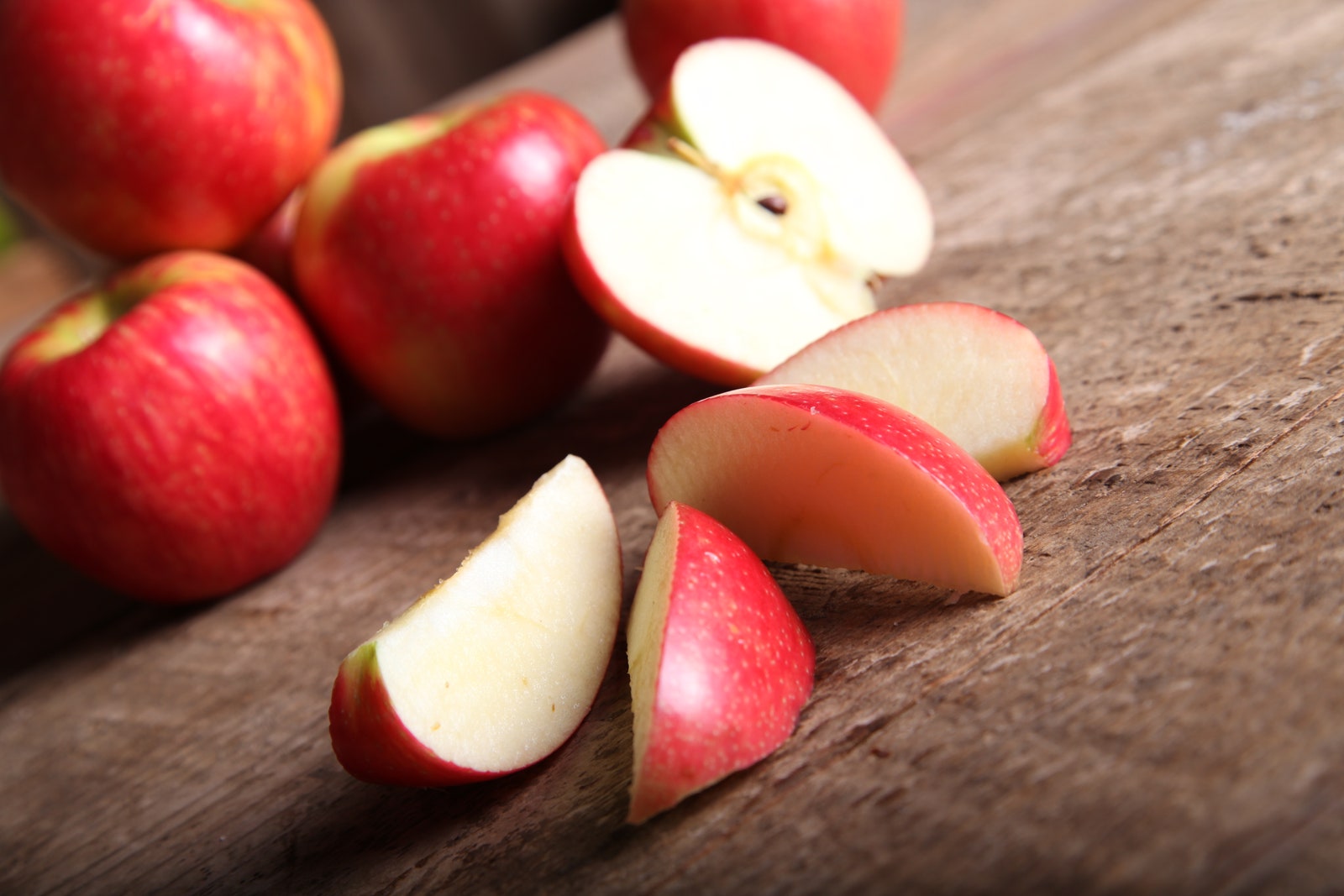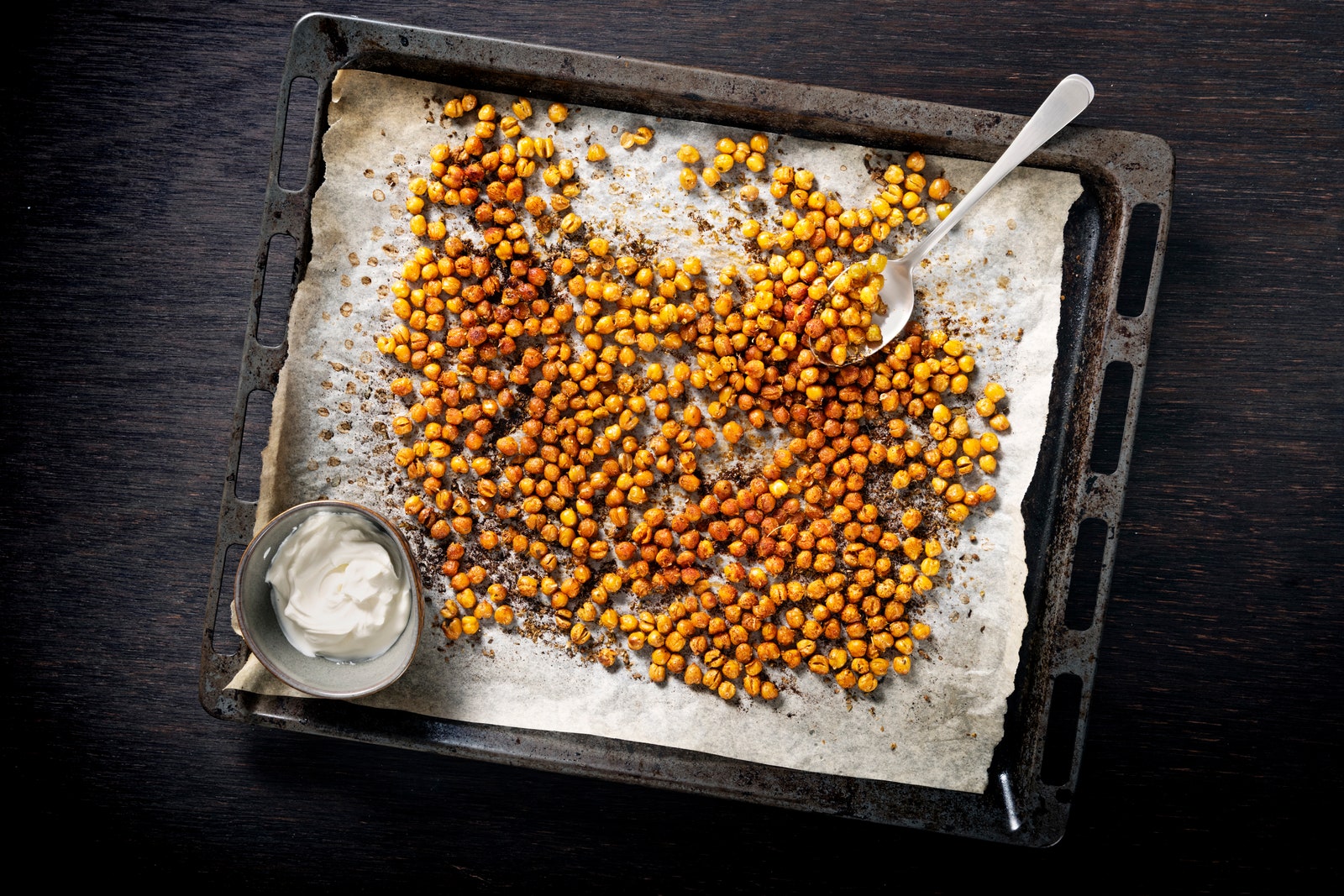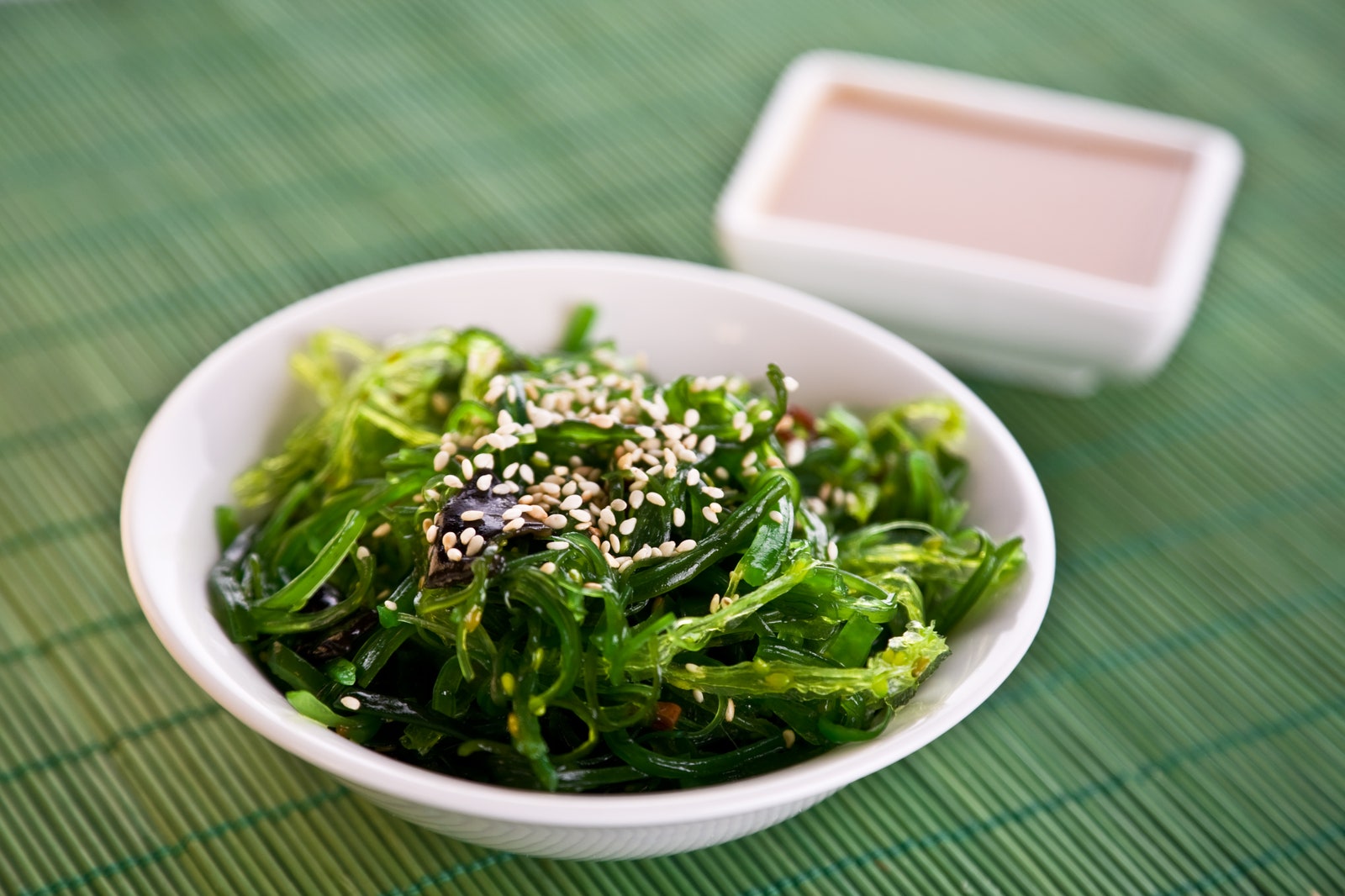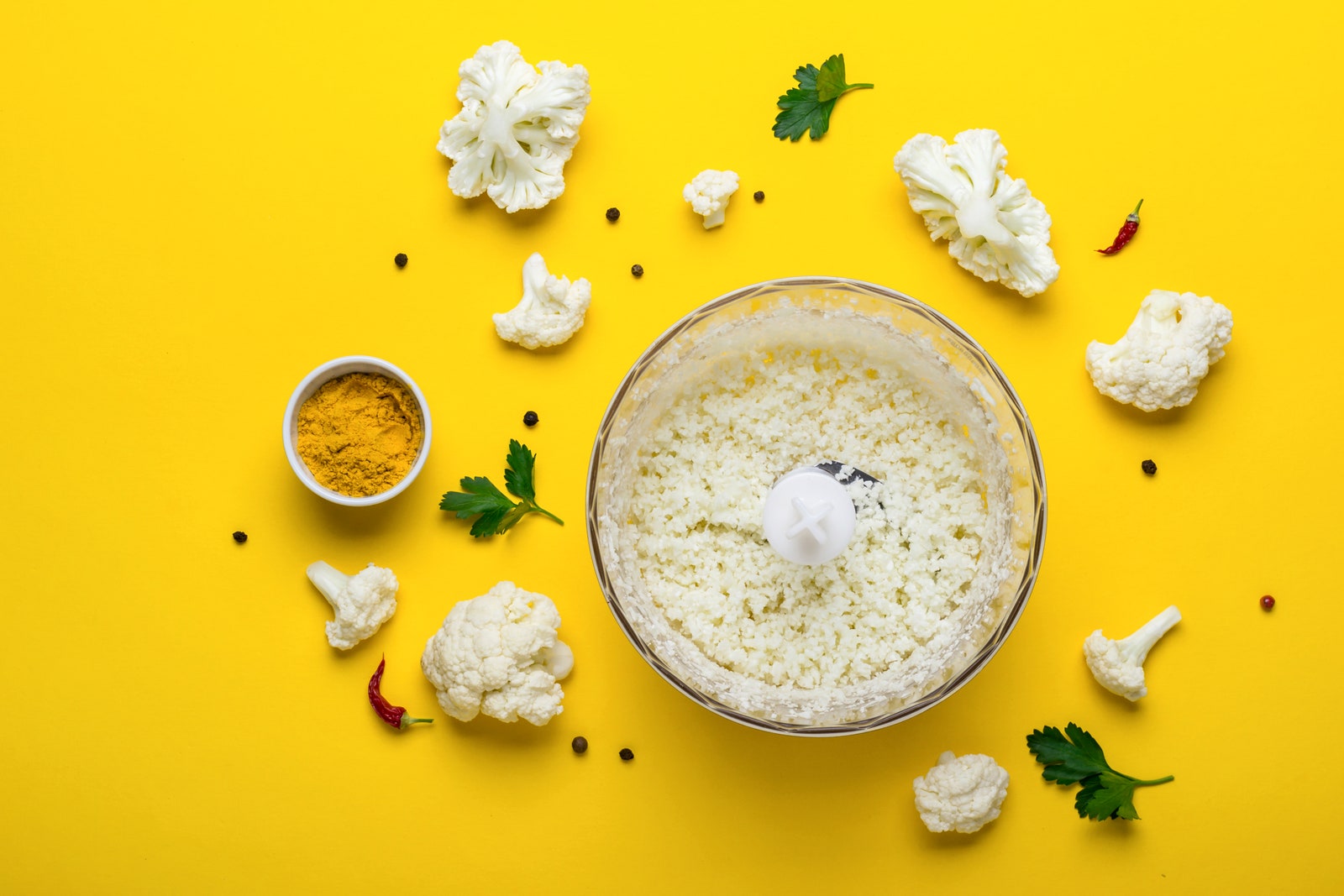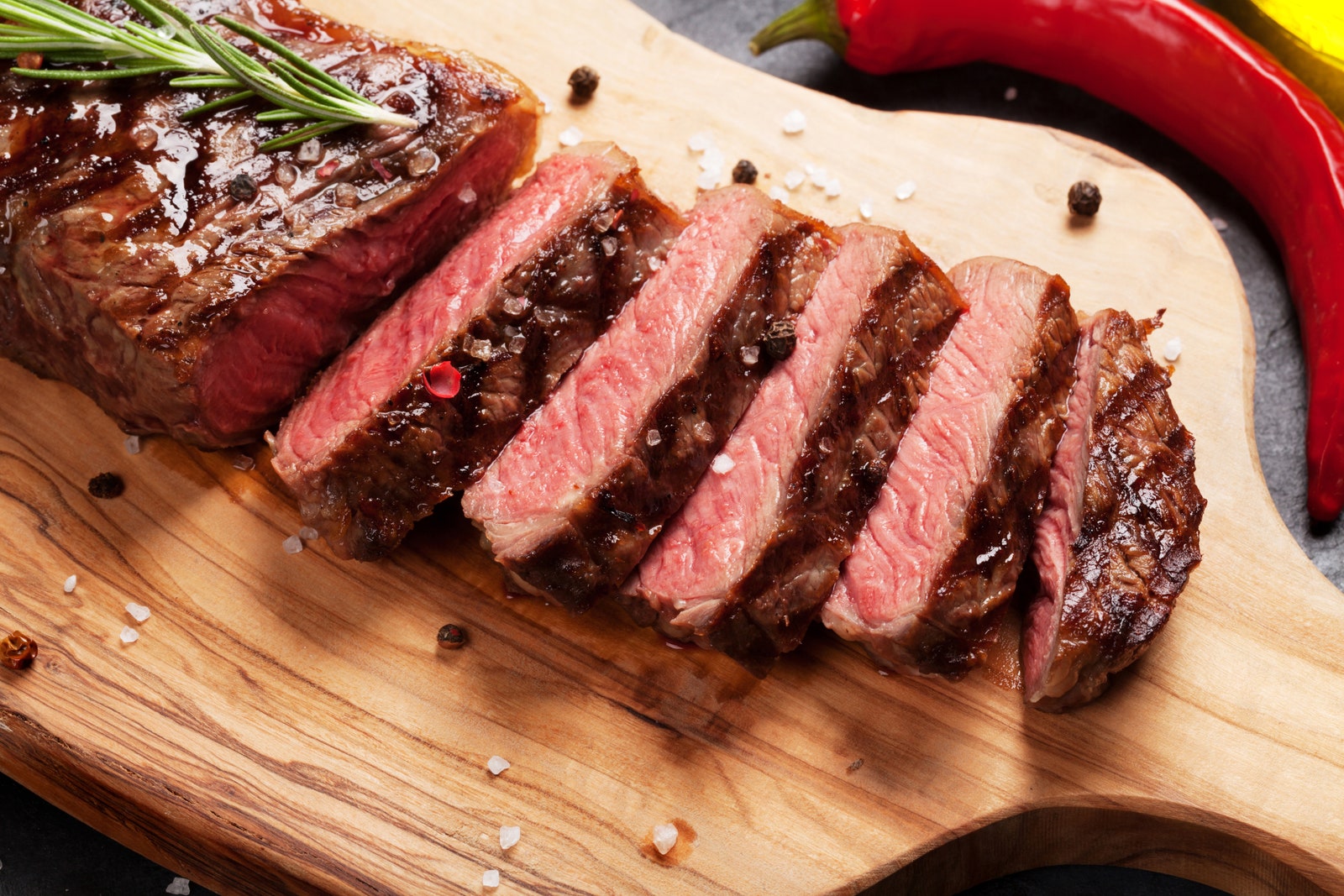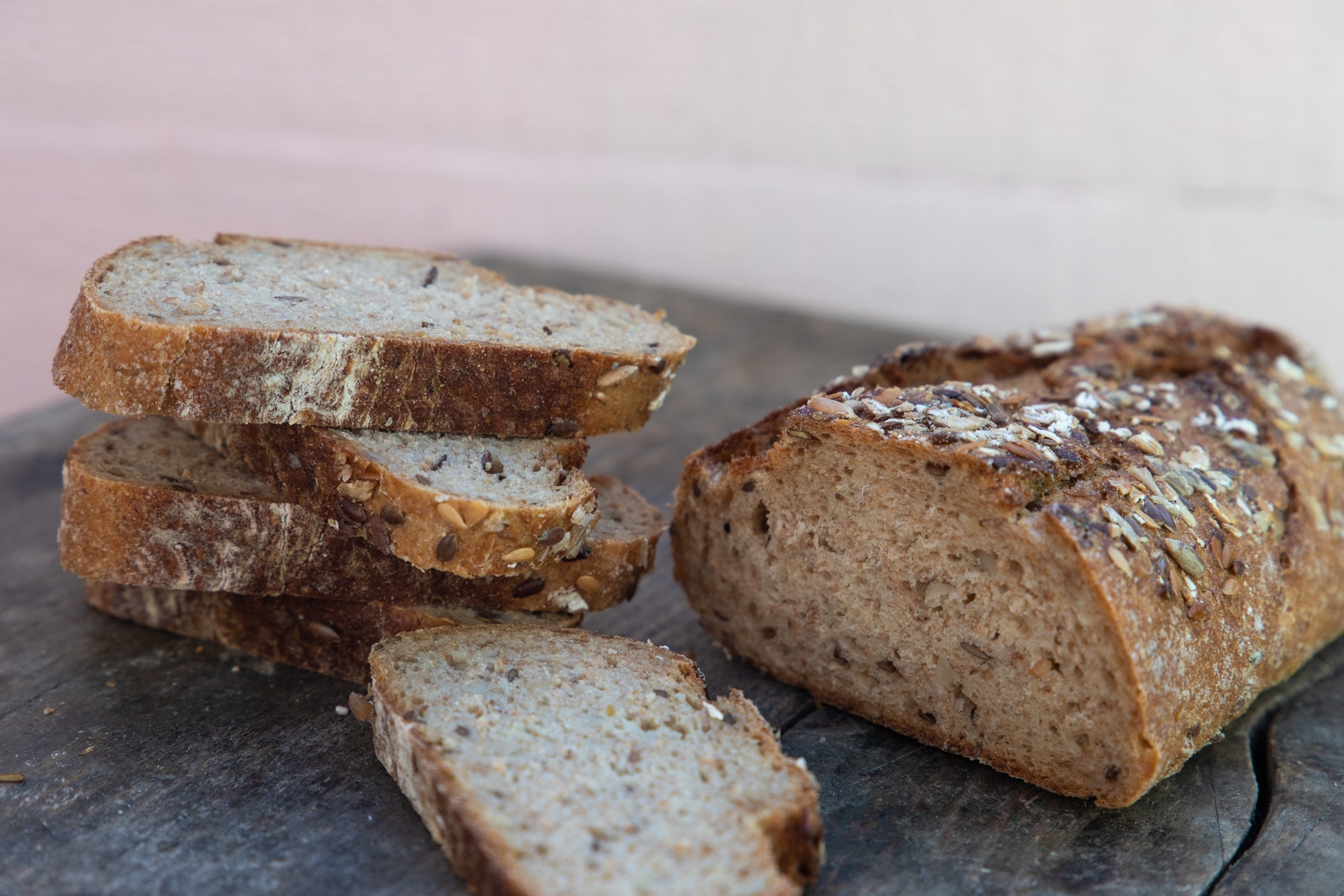Fight the 2 p.m. slump.

27 Best Foods for Energy To Help You Make It Through 2021
There’s no doubt that the past year has left the majority of us feeling drained and frantically researching the best foods for energy, ways to fight burnout and tips for self care, something—anything!—to give us a boost. Still, life is moving and we all need to find ways to keep up with it.
One way to do this successfully is by making sure we take care of our own needs first—say, by nourishing our bodies the right way. We spoke to nutritionists about the best foods for energy you can use to fuel your self-care, whether you’re a front-line healthcare worker, an essential restaurant employee, or a work-from-home parent pulling double-duty as a virtual teaching assistant.
Eggs
Loaded with protein and healthy fats, plus vitamins and minerals like choline, iodine, DHA, and those always-essential B vitamins, there’s no wonder eggs are such a popular breakfast food. “Eggs are an excellent choice for long burning energy due to their macronutrient profile,” says Tori Kornhaas, certified nutritional therapy practitioner at cure.fit. Pasture-raised are the best kind, she says, “as chickens raised outdoors produce eggs with much higher levels of vitamins A, D, E and Omega-3s.” Versatile as ever, try them scrambled, fried, or even baked.
Avocados
Keep enjoying your avocado toast, folks! Turns out, avocado is another fantastic source of energy. “These beloved fruits (yes, they're considered a fruit) are a powerhouse of long-burning, high-quality fat,” says Kornhaas. “Not only are they an excellent source of healthy fat, they also contain high amounts of potassium, vitamins C, E, and K, magnesium and fiber.” Delicious as they are, Kornhaas reminds folks that they’re high in calories and just ¼ or ½ an avocado is plenty to reap benefits.
Sweet potatoes
When it comes to health-conscious eating, sweet potatoes have become the preferred root vegetable. “Sweet potatoes are a complex carbohydrate meaning the body can convert it into glucose and use it as an energy source,” says Kornhaas. “While sweet potatoes are moderate in terms of their glycemic index, they contain a considerable amount of fiber which helps to steady the pace of digestion, and ultimately balance blood sugar.” Kornhaas recommends enjoying them with just a touch of a high-quality fat like ghee, avocado, grass-fed butter, or even nut butter.
Almonds
“Almonds are another source of long-burning energy, containing high quantities of monounsaturated fat, which may improve cholesterol and decrease the risk of heart disease and type 2 diabetes,” says Kornhaas. “Almonds are also excellent sources of vitamin E, manganese, and magnesium, making them very nutrient-rich. The combination of high fat and protein make almonds a wonderful choice for a quick, pick-me-up snack.” Try throwing some into your morning oatmeal, or toss some in a baggie with dark chocolate for a delightful afternoon revitalizing snack.
Bananas
“Bananas are a great choice for fast energy. Because they are a carbohydrate, they will burn faster and provide a quick source of energy compared to the other macronutrients (protein and fat),” says Kornhaas. “This is one reason they are loved by athletes and highly active people.” Plus, bananas are cheap, accessible, and convenient, says Kornhaas, so what’s not to love? The only downside is their sugar content—she recommends adding nut butter to avoid any blood sugar spikes.
Edamame
While stress (especially in a pandemic) can cause you to feel fatigued, there are other reasons why you might need an energy boost. “Iron deficiency is a common cause for low energy levels,” says Katie Cavuto, MS, RD and executive chef for Saladworks. For this reason, she recommends edamame as a high-energy food that is rich in iron, folic acid, and manganese. “Try shelled edamame on your next salad, or add it as a plant based protein in your next stir-fry or fried rice. In the shell, it’s fun to play around with seasonings like sea salt and orange zest, smoked salt or a sprinkle of cayenne pepper,” says Cavuto.
Oranges
“Well known for their high vitamin C levels, oranges are rich in antioxidants which protect against oxidative stress, a known cause of fatigue,” says Cavuto. “While I am a fan of simply eating a fresh orange, they’re a great addition to salads, salsa and even your favorite smoothie.” She recommends making a “Green Orange Creamsicle” by blending an orange, a handful of kale, a banana, oat milk, and some vanilla yogurt to cover your bases.
Yogurt
Carbohydrates are our body’s favorite fast-acting source of energy. Yogurt, with its carbs lactose and galactose as well as its protein, is just the thing you want to eat for a quick boost—without causing any blood sugar spikes. “Yogurt also contains probiotics, which offer a slew of health benefits including improved digestion and absorption of nutrients as well as the production of B Vitamins, which are essential for energy production.” She recommends stirring berries and honey into plain greek yogurt, then freezing it in a popsicle mold for a yummy frozen treat. “Yogurt also works as a great sub for whipped cream—roast apples and pears with cinnamon, then top with a hearty dollop of yogurt,” says Cavuto.
Dark chocolate
Who wouldn’t want an excuse to eat more chocolate? Cavuto says dark chocolate is rich in antioxidants, which can increase blood flow, as well as oxygen, throughout the body—plus it can improve mood (and thus, energy). “Add to that a boost of caffeine and theobromine, both stimulants, and you can beat fatigue and enjoy a treat all at the same time,” says Cavuto. “Shave dark chocolate onto a bowl full of berries or greek yogurt. Better yet, try all three together for an energizing snack.”
Oatmeal
Another breakfast of champions, this high-energy food is recommended doubly for pregnant individuals. “Oatmeal is a complex carbohydrate and fiber-rich food that helps provide lasting energy throughout the day...Oatmeal contains energy boosting iron, magnesium and B vitamins which are needed in pregnancy,” says Kari Pitts, RD, LDN, NPI at Preg Appetit. Pitts recommends looking up some no-bake oatmeal energy bite recipes, or simply adding some oats to your next smoothie.
Lemons
You’ve probably seen countless influencers tout the benefits of a little lemon water in the morning, but turns out lemons really do help with energy. “The vitamin C found in lemons increases iron absorption from plant-based foods which may prevent iron deficiency anemia and feelings of fatigue,” says Pitts. “Try squeezing lemons over a fresh spinach salad or onto steamed vegetables.”
Cashews
“Cashews are filled with nutrient dense protein and fiber to help sustain energy levels throughout the day,” says Pitts. A single ounce of this nut is enough to get a great energy boost thanks to all the essential minerals they contain, including magnesium. “Try roasting cashews and adding them onto a fresh salad.”
Organ meats
Sure, they aren’t as popular as burgers or fried chicken in the typical American diet, but perhaps they should be—especially if you’re looking to boost your energy. “Certain nutrients and enzymes play a significant role in mitochondrial function in order to make ATP (adenosine triphosphate), our fuel source,” says Risa Groux, certified nutritionist and author of the upcoming book, Food Frame: Diet Is A Four-Letter Word. “Organ meats such as heart, liver and kidneys are especially good. In addition to protein, they contain high levels of antioxidants such as alpha lipoic acid and coenzyme 10 to support the cells and production of the mitochondria.” Consider this an excuse to break out the pate.
Kiwi
COVID-somnia is real, and is another reason so many of us feel drained these days. “If you aren’t sleeping well, try adding kiwi to your nighttime routine,” says NJ-based dietician Erin Palinski-Wade, RD and consultant to Sunsweet Growers. “Try adding them on top of your dinner salad or enjoying them as an evening snack for a better night’s rest.”
Prune juice
If your energy levels are crashing in the afternoons (especially after meals), try adding prune juice to your daily regimen. “Poor digestion can leave you feeling sluggish and bloated. Focusing on eating to support your gut can help which is why I recommend adding a glass of prune juice to your morning routine,” says Palinski-Wade. “Eating foods high in fiber may help to stabilize blood sugar levels which can promote steady energy levels all throughout the day.”
Pistachios
Nuts in general are heralded as being a good high-energy snack, but Palinski-Wade’s go-to are pistachios. “With 6 grams of plant-based protein per serving, a good source of fiber, and healthy fats, pistachios provide a combination of nutrients that may help keep you fuller longer,” says Palinski-Wade. “Eating a snack with protein and fat along with the better-for-you mono and polyunsaturated fats like in pistachios is a great idea to keep energy balanced throughout the day.”
Pomegranate
“Cutting down on added sugar in the diet, which can cause energy spikes and crashes is key,” says Palinski-Wade. That’s why she recommends naturally sweet foods like pomegranate. “Powered by antioxidants, this superfruit also has 5 grams of fiber per ½ cup. Pomegranate can satisfy your sweet tooth without added sugars.” She recommends buying pre-packaged pomegranate arils if you’re short on time.
Pumpkin seeds
“Pumpkin seeds contain a good source of fiber and protein, which helps to slow digestion, providing a steady release of energy throughout the day,” Palinski-Wade says. These seeds are also rich in magnesium, which she says has been associated with an increased risk of insomnia, and omega-3s, linked to higher levels of inflammation and fatigue. “Eating foods containing these two nutrients, like pumpkin seeds, may cool off inflammation-induced fatigue while improving sleep.”
Salmon
“Salmon is an incredible food for natural energy support,” says Acacia Wright, a registered dietician for Orgain. “While it's known for having a high concentration of anti-inflammatory omega-3 fatty acids, it also provides an excellent source of B vitamins, particularly B12, which plays an essential role in our body's energy production. Salmon is also one of the few natural food sources of vitamin D, which may help combat fatigue in the presence of Vitamin D deficiency.”
Greens
“Kale, collard, spinach—there are so many great options,” says Dr. Gina Sirchio-Lotus DC, CCN. Sirchio-Lotus attributes the high-energy benefits in greens to their easily-absorbable B-vitamins as well as iron, calcium, magnesium—which she says remain intact even when cooked. “Greens can be a side dish, added to smoothies, or the delicious bed to a piece of chicken, fish or steak,” she says.
Beets
“Beets are one of the best sources of naturally occurring nitrates, which have been shown to improve the efficiency of mitochondria, (the energy factories in all of our cells),” says Danielle McAvoy, MSPH, RD, Senior Manager of Nutrition at Territory Foods. “Nitrates also help dilate blood vessels, which improves blood flow to the brain.” Beets can be eaten roasted, pickled, or even juiced to enjoy their energy-boosting benefits.
Apples
Turns out an apple a day has several benefits. “Apples are high in fiber and contain more moderate levels of sugar than several other fruits, which provides a balanced release of energy,” says Dr. Brooke Scheller, DCN, CNS, and Freshly’s Director of Nutrition. “Some of my favorite ways to eat apples are topped with a sprinkle of cinnamon, which can also help blood sugar levels, paired with a small portion of nuts (almonds, cashews, walnuts, etc.) or a tablespoon of nut or seed butter.”
Chickpeas
“Chickpeas provide plant protein, fiber, and other micronutrients like b-vitamins, magnesium and potassium,” says Mascha Davis, RDN, author of Eat Your Vitamins, and founder of MiniFish.co. “To get this added nutrient boost, swap out your regular pasta for chickpea pasta or pizza at dinner or lunch.” You can also blend some into a delightful hummus or mix it into your next rice bowl for a boost.
Sea veggies
If you’re still seeking more energy boosting foods, why not look to the ocean? “Sea veggies, like seaweed, kelp, and nori, have a tasty umami flavor and are packed with important nutrients like fiber, chlorophyll, potassium, magnesium, and iron,” says Davis. “You can buy pre-packaged seaweed snacks to munch on in between meals to boost your energy.”
Cauliflower
“Cauliflower is the latest trending food for a reason. It’s low in calories while being high in important nutrients like vitamin C, fiber, and iron,” says Mackenzie Burgess, RDN and recipe developer at Cheerful Choices. “You can enjoy it raw, roasted, mashed, or blended into rice. Pair with a protein like tahini, beans, cheese, or meat for sustaining energy.”
Grass-fed beef
“Much like salmon, beef is rich in nutrients like niacin and vitamin B6 which are important for energy metabolism,” says Burgess. “When choosing beef, aim for products that are lower in saturated fat and grass-fed to reap the most health benefits.” Burgess’s go-to for an energizing meal is combining beef sausage with sliced bell peppers and rice on a sheet pan for a quick and easy jambalaya.
Sprouted bread
If you’re still nodding off in the middle of the day, ditch the white bread, pancakes, and donuts for sprouted bread. “Whole grains are high-energy foods that are rich in fiber and other important vitamins and minerals,” says Desiree Nielsen, author of plant-based cookbook, Eat More Plants. “Specifically, sprouted whole grains offer a healthy, slow-release carb contrast to refined carbs. Some studies also suggest sprouted whole grains may have a lower impact of glycemic response than a un-sprouted whole grain, meaning they give you steady energy to fuel your day.”
This story originally appeared on: Glamour - Author:Priscilla Blossom
